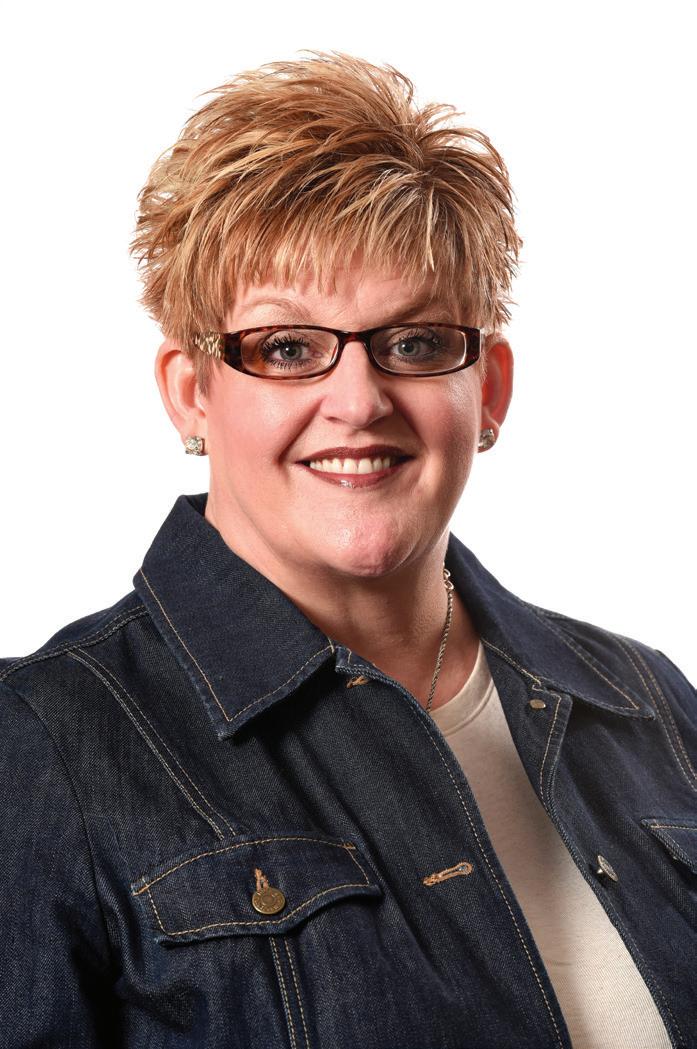









has been a few years since readers have heard from a specific editorial voice in Future Farmer magazine, so I thought we'd kick off 2025 with an introduction.
My name is Geneva Nodland, I hail from the far west of North Dakota (Dickinson to be exact), and while I didn't directly grow up on a farm or ranch, I know and understand rural living. And, in my time as an editor, writer, and photographer for this magazine, I have learned so much about the state of agriculture in our region, the rapid advancements of the industry globally, and the importance of it to our communities. As I said, I grew up in a rural-adjacent town, but my respect for the ag community has only recently become the admiration that it is now in my time working for this publication.
I have written many articles in the last three years for this magazine, and you'll notice more frequently in the past year. I took on most of the responsibility of this magazine—whereas before it was an equal effort from our editorial team—
and haven't really looked back. I have thoroughly enjoyed learning about the thriving ecosystem that we have in the Red River Valley when it comes to ag tech, production, and markets; from the farmto-table programs to the opportunities for new Americans to integrate into farming and much more going on here.
This issue, as with our issue last fall, Women in Agriculture, is especially close to my heart, as they focus on my passion—storytelling. We get to meet unique individuals who are making their own way as they are transitioning into taking over their families' farms. We get to hear their stories about how they grew up, how they came to want to pursue this work, and more. Join me as we meet these individuals this month, and stay tuned for what's in store to come this exciting year. Stay warm, stay busy, and happy reading!
Geneva Nodland, Future Farmer Editor
HAVE RECCOMENDATIONS FOR FUTURE ATICLES? Send me an email! Geneva@spotlightmediafargo.com

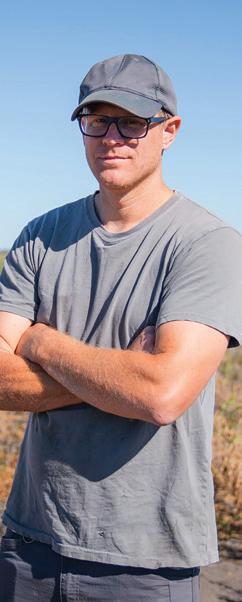




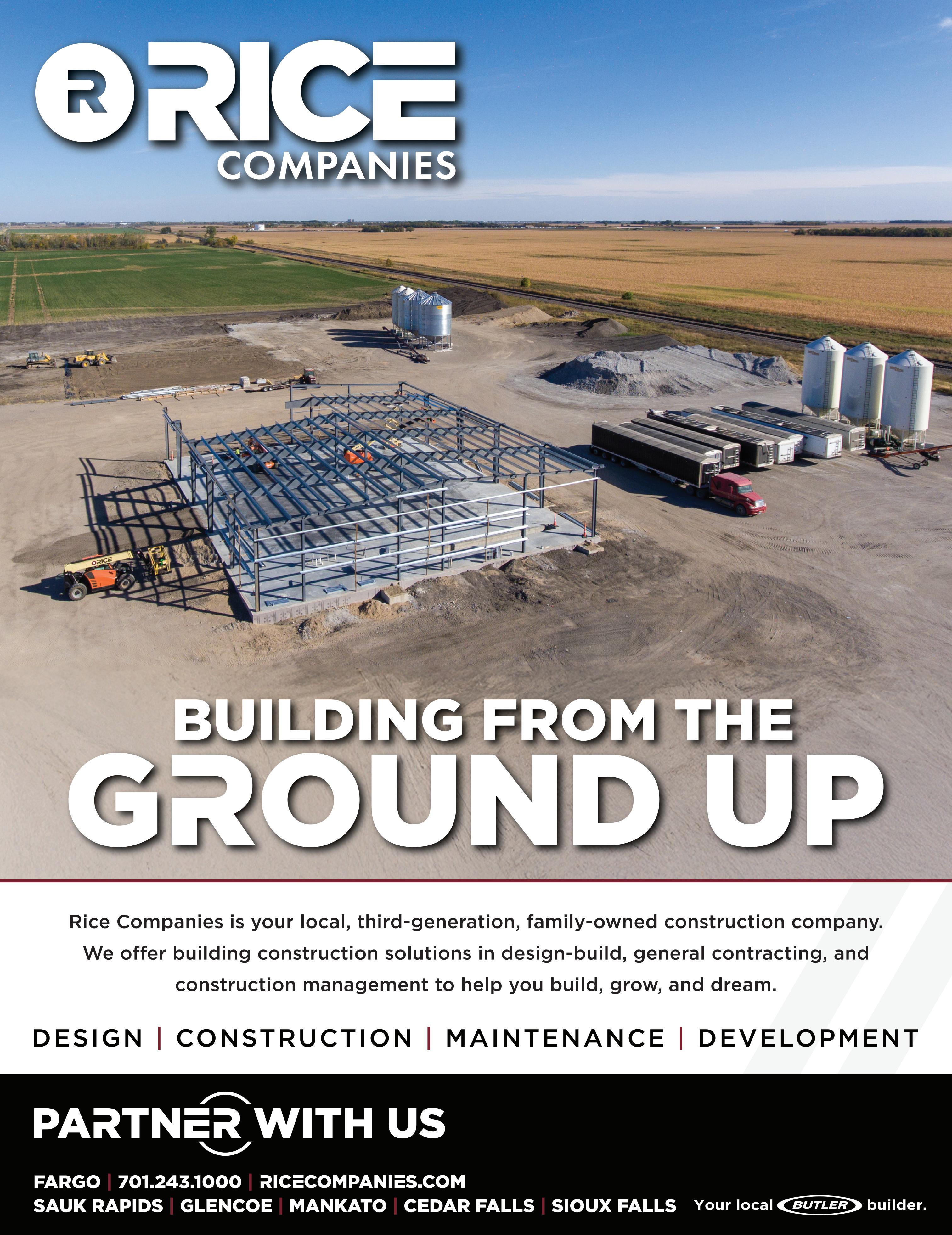
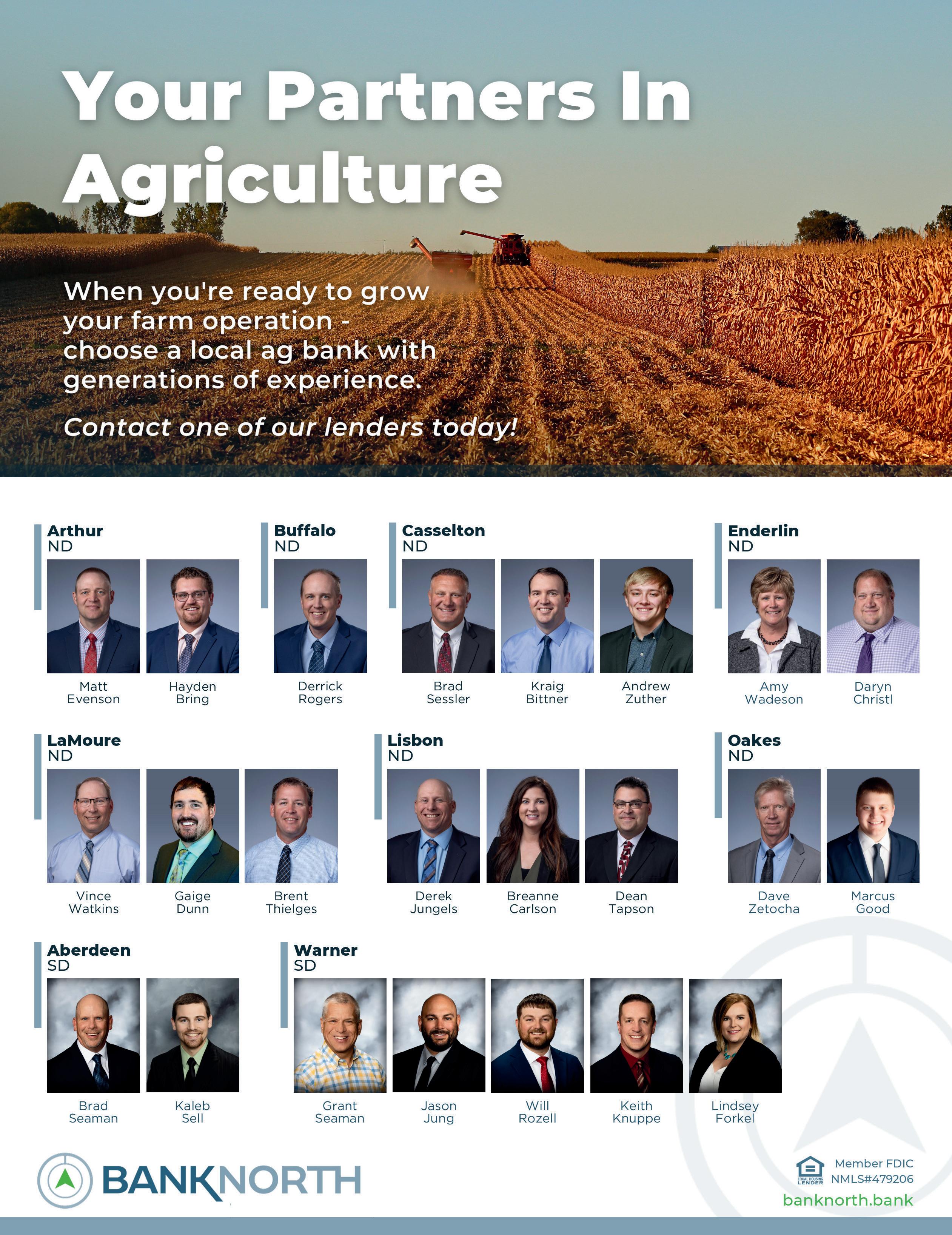


Sam
Al@SpotlightMediaFargo.com
Austin Cuka AustinCuka@SpotlightMediaFargo.com
Ellen Hannaher-Brenchley
ClientRelations@SpotlightMediaFargo.com
Ventzke Jasmine Joy
Missy Roberts John Stuber
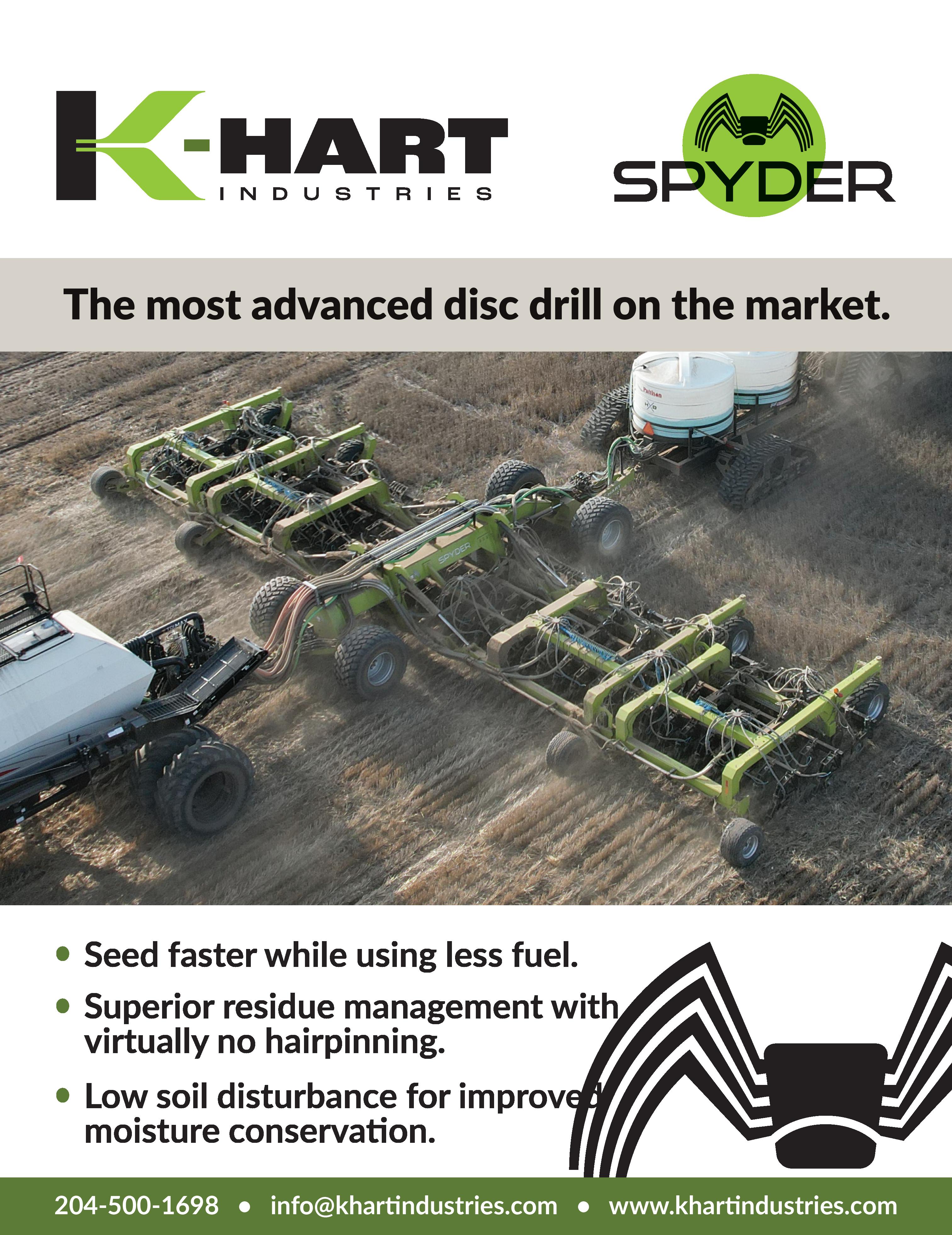
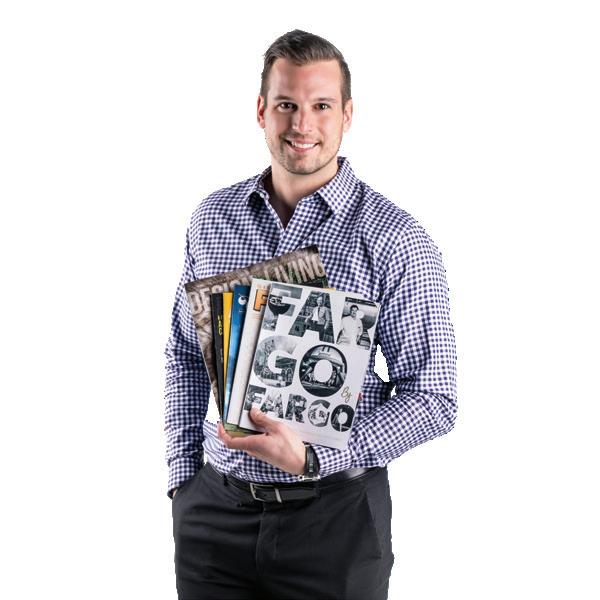
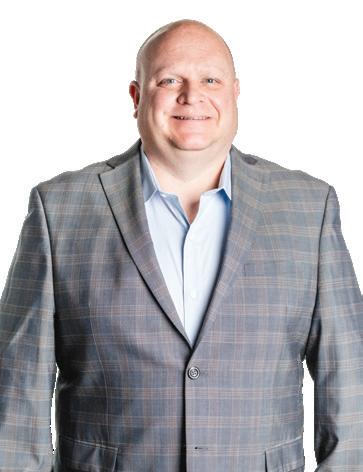

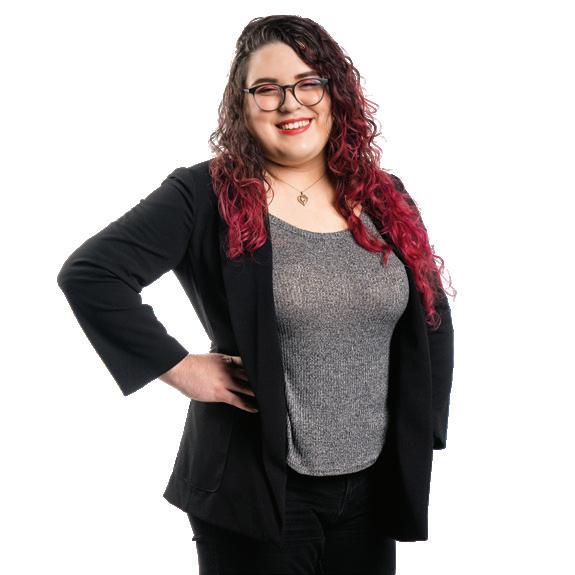
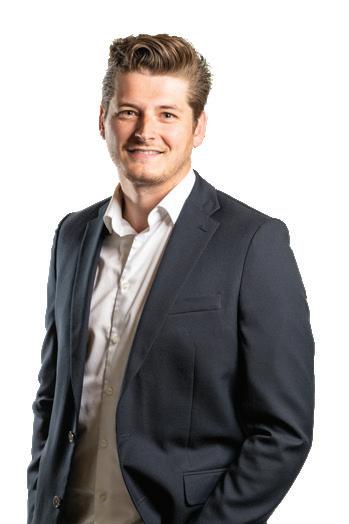
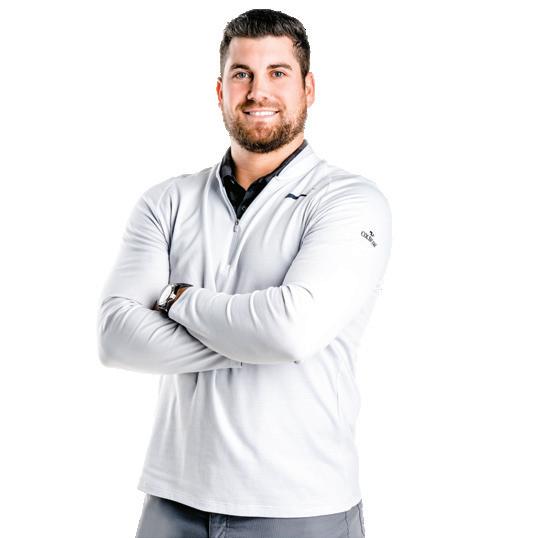






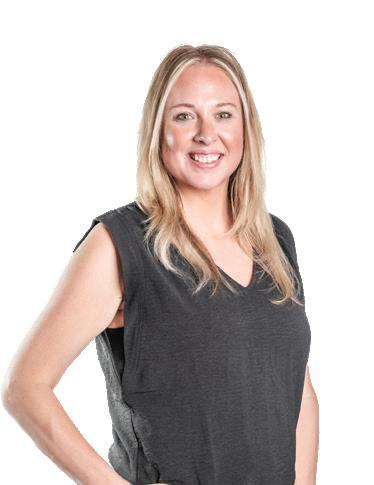

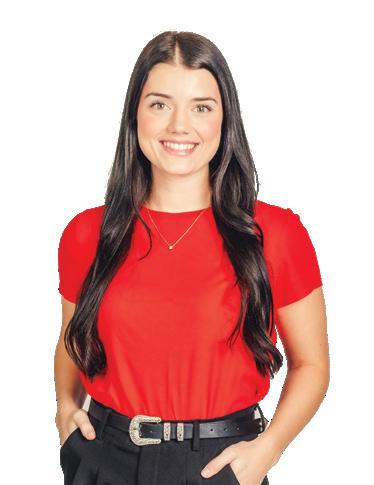
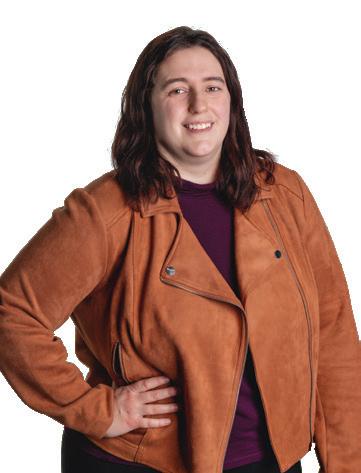
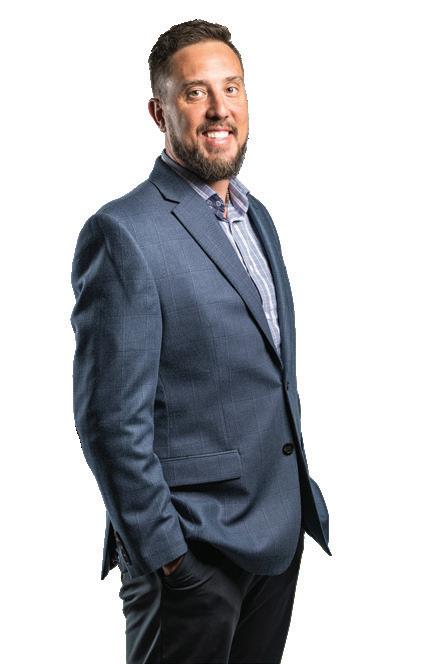

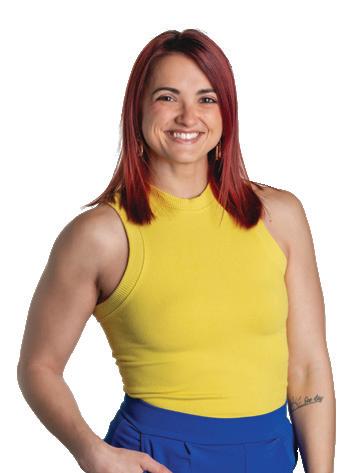



By Kent Kolstad, Livewire
Why Livewire is Your Event Production Partner
event producers, we pour our hearts and souls into crafting unforgettable experiences for our clients’ audiences. But even the most meticulously planned event can fall flat if an unexpected variable comes into play. That's where Livewire comes in: a team of proactive event professionals to protect your event success!
While it might be tempting to rely on your in-house IT person or a venue’s in-house AV technology to produce your event, this approach often backfires. Event production is a specialized field with many moving targets, requiring flexibility and adaptability at a moment’s notice. It demands a deep understanding of audio-visual systems, stage management, lighting design, and the intricate dance of coordinating all the elements for a seamless experience.
Livewire isn't just a team of techsavvy individuals; we're event
professionals with a passion for bringing your vision to life. We've honed our skills across a diverse range of events—from intimate corporate gatherings to large-scale conferences and dazzling galas. We understand the nuances of event production and the potential pitfalls that can derail even the best-laid plans.
Remember that time your event’s keynote presenter couldn’t catch their flight in time, so they asked if they could present to your in-house and online audience via Microsoft Teams? (You’d be surprised how often we see this happen!) Livewire comes prepared to bring in any remote presenters in a polished, newscast-style format that will seamlessly integrate into the flow of your event without distracting from the mission and message your audience needs to hear.
…that’s just one example! That's the Livewire difference: proactive, not reactive. Events with integrity.

Kolstad is the president at Livewire, a leading event production company specializing in audio, video, lighting, staging, scenery, and virtual event services, located in Fargo, and producing events nationwide.
BY TRUSTING LIVEWIRE WITH YOUR EVENT PRODUCTION, YOU GAIN:
Unwavering Focus: You can dedicate your energy to your core responsibilities—your audience, your presenters, and the whole of your event, knowing that the technical side is in expert hands.
Elevated Experiences: We leverage our expertise and cutting-edge technology to enhance your event, creating a truly immersive and captivating atmosphere in any type of venue.

Peace of Mind: With Livewire as your partner, you can relax and enjoy the event, confident that every detail is meticulously managed.
Ready to transform your events from fine to extraordinary? Contact Livewire today.
Let's create something amazing together.


Niki Groshong
niki.groshong@border.bank 218-776-3151
By Brady Drake | Provided by Border Bank
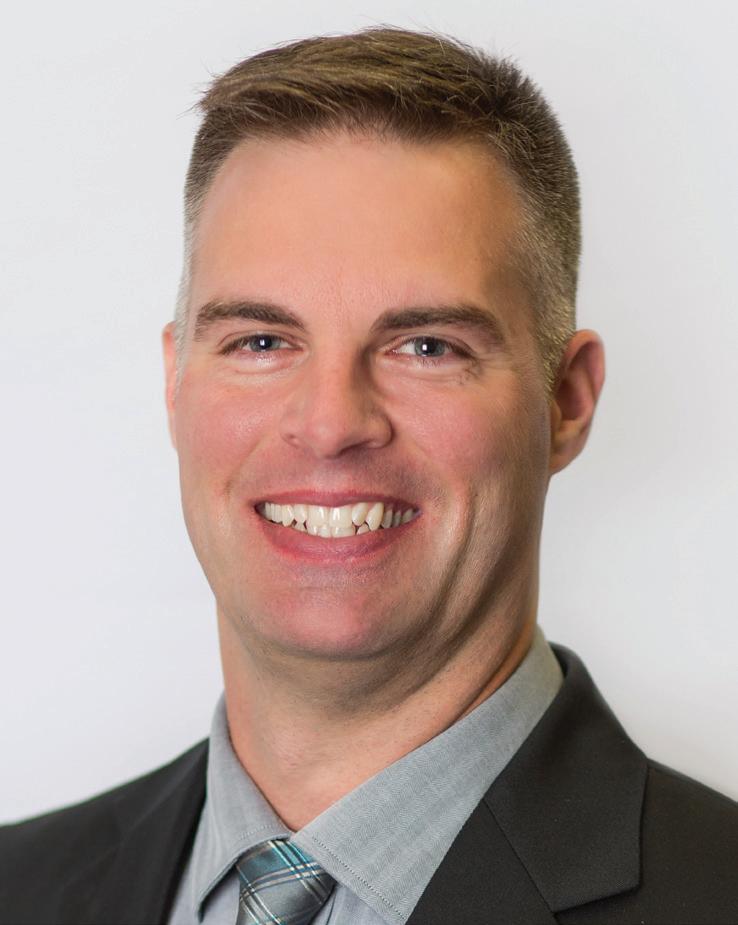
Josh Smith
josh.smith@border.bank 218-222-3511
order Bank is your community-focused bank dedicated to serving the needs of individuals, families, and businesses across its service areas.
When it comes to agriculture, you can rest easy knowing they have a team with a deep understanding of the industry—and Border Bank offers financial solutions to help farmers succeed and grow their operations through specialized agricultural loans, equipment financing, and flexible lines of credit designed to meet the unique challenges of modern farming.
Border Bank goes beyond its products, thanks to a team focused on creating strong relationships with local farmers, offering expert advice, and supporting the long-term sustainability of agricultural communities.
• Badger, MN
• Baudette, MN
• Clearbrook, MN
• Coon Rapids, MN
• Greenbush, MN

• International Falls, MN
• Middle River, MN
• Roseau, MN
• Thief River Falls, MN
• Fargo, ND (2 Locations)

Derek Olson
derek.olson@border.bank 218-634-3300
VP Branch Manager - Clearbrook, MN
Niki Groshong is the manager of the Clearbrook, MN branch. She is an ag, commercial, and retail lender with a passion for helping customers work towards their goals and dreams.
Outside of work, Groshong has a deep love for family, the outdoors, gardening, and her dogs.
Market President - Middle River, MN
Josh Smith is a dedicated community member and banking professional who balances his passion for agriculture, community service, and family. Every fall, Smith lends a hand with his family’s harvest. He is deeply involved in the Middle River community, serving as Treasurer of the Middle River Sportsmen’s Club, a member of the Middle River Community Club, and an active participant on the Extravaganza and housing committees. Smith also coaches Northern Freeze elementary football and basketball teams.
At the bank, Smith oversees the daily operations of Border Bank’s Middle River branch and manages a diverse loan
Roger Erbes
roger.erbes@border.bank 701-282-4598


Tony McLean
tony.mclean@border.bank 218-681-8085

portfolio. He takes pride in supporting customers and the local community. Outside of work, Smith enjoys hunting, fishing, camping, and cheering on his kids in their sports activities.
Market President - Baudette, MN, International Falls MN
As a volunteer coach, firefighter, and board member for multiple community organizations, Olson is a strong believer in making a difference for those around him. He enjoys spending his free time fishing, hunting, and enjoying all things hockey.
In his role at Border Bank, Olson specializes in agriculture and commercial lending. He also oversees the market staff and manages branch operations.
SVP, Ag/Business Banker - Fargo, ND
Roger Erbes brings a personal understanding of agriculture and business to his role at Border Bank. Growing up on a rural farm near Barney, ND, Erbes gained firsthand experience with the challenges and rewards of farming. He takes this knowledge with
him into his professional role where he provides financing and deposit services to agriculture and business clients. He prides himself on being a trusted advisor and sounding board in helping clients navigate critical decisions and achieve their financial goals.
Outside of work, Erbes serves on the Access of the Red River Board in Moorhead, MN, and coaches his two younger sons in basketball. He enjoys spending time with his family, cheering for Minnesota sports teams (Twins, Timberwolves, Vikings, and Wild), cooking, and reading.
Market President - Thief River Falls, MN
As the President of Advance Thief River, a council member at Redeemer Lutheran Church, and an active participant in the Rotary Club, Tony McLean is deeply invested in the growth and well-being of Thief River Falls.
When he’s not working, McLean enjoys fishing, reading, snowmobiling, and camping with his family.
Professionally, McLean manages the Thief River Falls branch of Border Bank

Jordan Creviston
jordan.creviston@border.bank 218-782-2151
where he oversees operations while focusing on agriculture and commercial lending. He values building strong relationships with customers and takes pride in supporting their success.
Jordan Creviston
VP, Ag/Commercial Banker - Greenbush
With 11 years of experience coaching boys’ basketball, Jordan Creviston recently transitioned to serving as a certified referee for both boys’ and girls’ basketball. Creviston also serves as a board member of the Oak View Golf Course in Greenbush.
Outside of work, Creviston enjoys spending time with his family, cheering on Minnesota sports teams, and exploring the outdoors.
In his role at Border Bank, Creviston assists agriculture and commercial businesses with their financial needs. He values the opportunity to learn and grow each day, embracing new challenges and staying fully engaged in his work. Creviston's genuine approach and commitment to his customers’ success make him a trusted partner in the community.

Brian Bertilrud
brian.bertilrud@border.bank 218-681-8085

Brian Bertilrud, SVP Ag/Business Banker - Thief River Falls
Growing up on a small farm outside Greenbush, MN, Brian Bertilrud developed a lifelong connection to farming, which continues today as he rents out his agricultural real estate to local producers.
He serves as a board member for the TRF Trap/Northwest Sporting Clay organization, a position he has held for over 10 years, and is an active member of Zion Lutheran Church in Thief River Falls.
Bertilrud is very involved in his family’s activities and loves supporting his three sons in youth hockey, high school basketball, and dirt bike racing. His newest passion is working alongside his sons to improve their hunting land— clearing trails, maintaining food plots, and enhancing deer stands. An avid outdoorsman, Bertilrud also enjoys snowmobiling and fishing.
As Senior Vice President of Ag and Commercial Banking at Border Bank, Bertilrud helps clients in the agriculture and commercial sectors achieve their financial goals. His role involves
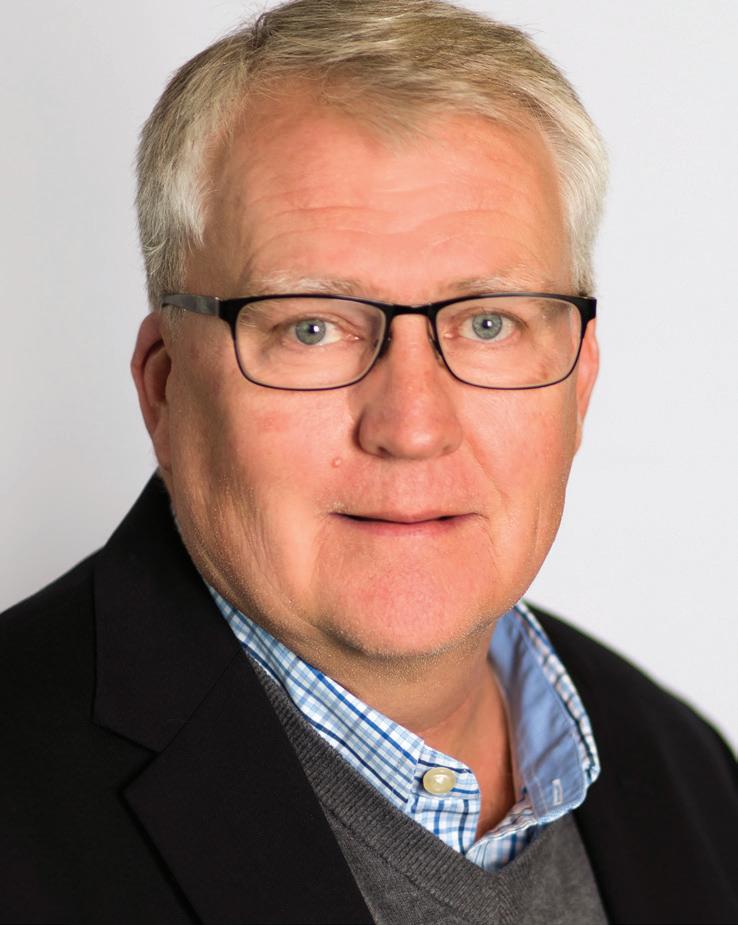
Tim Loven
tim.loven@border.bank 218-463-3888
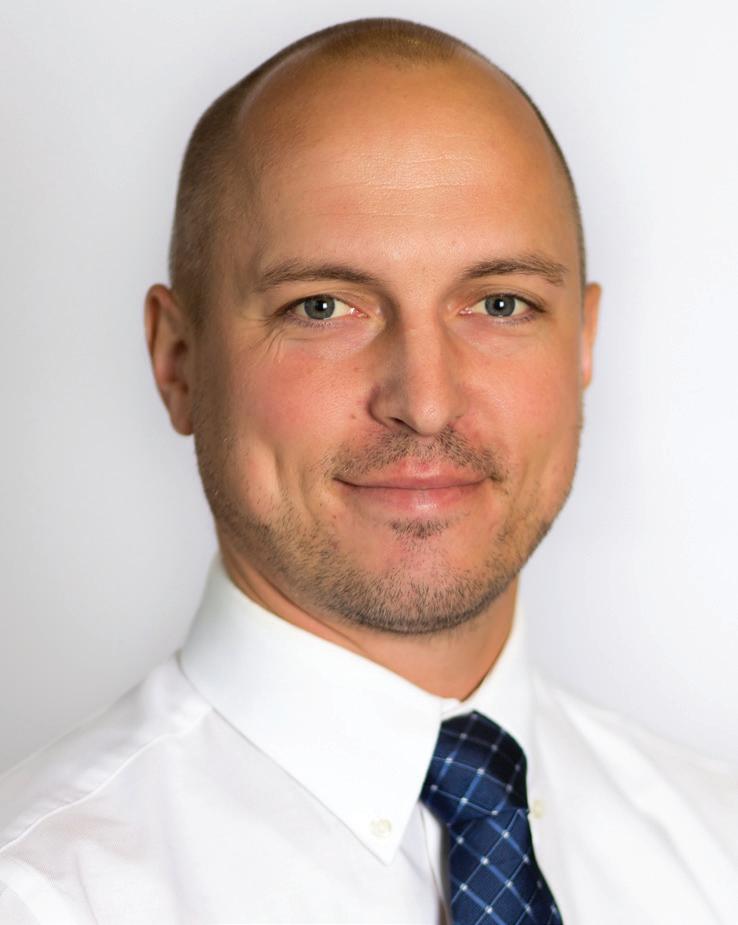
Ulrik Aaskov
ulrik.aaskov@border.bank 218-463-3888
crafting cash flows, discussing ideas for future growth, and guiding clients in understanding their financial position to take the next steps in expanding their farms or businesses.
Market President - Roseau, MN
Living on a 640-acre family farm, Tim Loven enjoys the rewards and challenges of rural life. As part of this, Loven serves on the church council, as President of the Roseau Economic Development Authority (EDA), and as a member of the Northwest Minnesota Manufacturers Association.
In his free time, Loven enjoys working on the farm, fishing on the area’s beautiful lakes, and spending quality time with his family.
As Market President at Border Bank, Loven oversees the Roseau Market, focusing on fostering customer growth and staff development. He finds fulfillment in helping customers achieve their financial goals and watching their businesses thrive and expand.
Ag Banker - Roseau, MN
While he no longer farms on his own, Ulrik Aaskov enjoys spending time in a tractor and lending a hand to local farmers whenever possible. He also serves as a board member for the local Soil and Water Conservation District, which helps him stay informed about environmental policies that impact his customers and their operations.
Living in Roseau, MN, with his wife and three young children, Aaskov spends much of his free time at hockey rinks, supporting his kids as they develop their skills and enjoy the sport.
Aaskov believes agriculture is the backbone of society. As a member of the Border Bank team, he provides tailored loan solutions to support farmers’ day-to-day operations and long-term success.
VP, Business/Ag Officer - Baudette, MN
Brent Olson farms alongside his fatherin-law, growing soybeans, wheat, and rotational crops like sunflowers, corn, and oats. Olson also serves on the

Brent Olson
brent.olson@border.bank 218-634-3300

youth hockey board, coaches hockey, and volunteers at summer Bible camps. He has also guided on Lake of the Woods for “Take a Kid Fishing,” helps Border Bank coordinate the 4th of July parade, and is a member of the MN DNR’s Fish and Wildlife Advisory Committee.
Growing up on the scenic Lake of the Woods, Olson developed a lifelong love for fishing, hunting, and spending time on the water—whether during the summer months or through ice fishing in winter.
In his professional role at Border Bank, Olson values teaming up with farmers, entrepreneurs, and business owners to help them achieve their dreams. Whether it’s analyzing financial statements, crafting long-term capital plans, closing deals, or serving meals at customer appreciation events, Olson approaches every task with dedication and a personal touch. With over 10 years of experience, he finds immense reward in playing a part in his customers’ successes and looks forward to continuing to serve his community for years to come.

Christine Modahl
christine.modahl@border.bank 218-528-3255
Market President - Badger, MN
Christine Modahl is a true community leader in Badger, MN with a strong commitment to fostering growth and collaboration in her community. She currently serves as the Board Chair for the Badger Area Community Fund, the Economic Development Authority, and the Planning Commission for the City of Badger.
In her professional role at Border Bank, her primary focus is lending. She takes pride in helping customers secure financing to pursue their passions and achieve their goals.


By Brady Drake | Provided by Border Bank
orthern Ag is a trusted crop insurance agency and commodity trading brokerage in northwest Minnesota. At Northern Ag, they understand each farm operation is unique, and each year brings new challenges. They are dedicated to helping producers mitigate risk on their farm by utilizing proper crop insurance tools and providing farmers with expert advice on commodity markets and hedging strategies. They have a strong focus on farmer cash sales and overall price risk management. Northern Ag is committed to providing superior customer service while utilizing farm risk management strategies that fit your unique operation.
• Thief River Falls, MN
• Roseau, MN
• Goodridge, MN
• Greenbush, MN

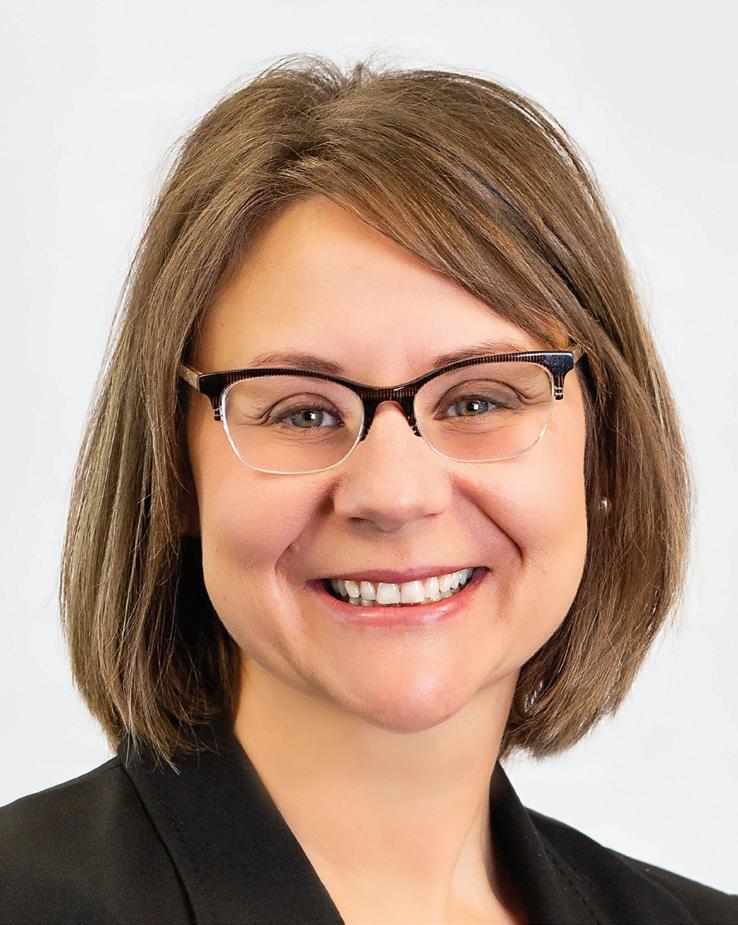
Jody Miller
jody@northernaginc.com 218-217-7655
Jody Miller
President, Crop Insurance Agent Commodity Broker
Jody Miller is a passionate advocate for agriculture and is committed to helping farmers manage risk and achieve success. Growing up on a dry bean and wheat farm, Miller’s journey in agriculture began early, working alongside her parents from a young age. Her passion for the industry only grew as she pursued her education at North Dakota State University, where she developed an interest in agricultural commodity markets and earned her Series 3 brokerage license. Since then, farm risk management has been her primary focus.
As a crop insurance agent and commodity broker at Northern Ag, Miller works closely with producers to create tailored risk management solutions. These include Multi-Peril Crop Insurance (MPCI), crop hail insurance, cash grain sales recommendations, and hedge account strategies. Jody continues her passion for production ag to this day, farming alongside her husband Aaron and their four children near Goodridge, MN where they raise wheat, corn, soybeans, and perennial ryegrass.
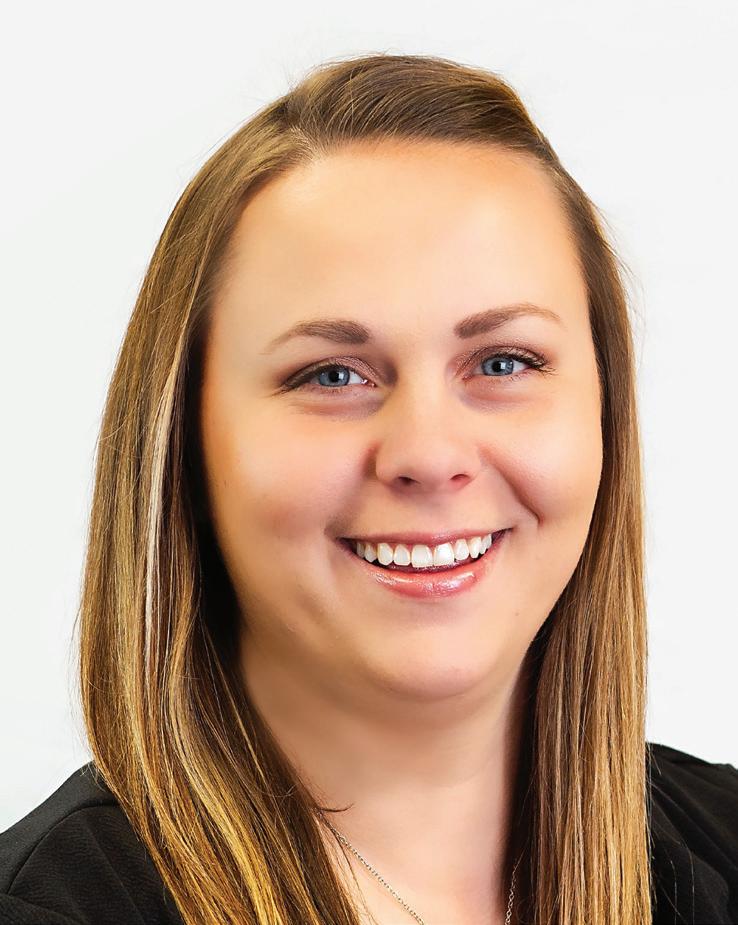
Hannah Torkelson
hannah@northernaginc.com 218-217-7658

Hannah Torkelson has a deep appreciation for agriculture and rural life. Having grown up on a dairy farm, Torkelson developed an early connection to the farming lifestyle, which continues to influence her work today. Hannah, along with her husband and two children, enjoy the MN outdoors and the unique opportunities rural living provides.
In her role at Northern Ag, Torkelson works closely with producers to design customized crop insurance programs that address their specific risks. She specializes in both Multi-Peril Crop Insurance (MPCI) and crop hail insurance, tailoring each farm’s risk management portfolio to effectively mitigate natural and price-related risks.
Hannah frequently collaborates with the RMA Regional office to secure written agreements that expand crop insurance coverage for alternative or new crops for local producers. She also works closely with local FSA offices to assist farmers in navigating USDA programs.

Lindsay Oslund
lindsay@northernaginc.com 218-242-5671
Living on a farm nearly her entire life, Lindsay Oslund has a deep dedication to the ag industry. She and her husband farm near Grygla, raising wheat, soybeans and perennial ryegrass. Oslund is also a dedicated community leader in Grygla, where she serves as president of the Junior Community Club. In this role, she helps organize initiatives for local youth. Oslund is also a member of the planning committee for the Grygla Fall Fest.
Family is at the heart of Oslund’s life. She enjoys spending time at their lake cabin on Island Lake, enjoying the outdoors with her children through activities like pontoon rides, fishing, jet skiing, snowmobiling, and ranger rides.
Professionally, Oslund is a contracted crop insurance agent with Northern Ag where she helps farmers protect their operations by offering tailored insurance solutions. She and her husband also own Grygla Seed and Services, a company that provides seed and other agricultural products to support local producers.
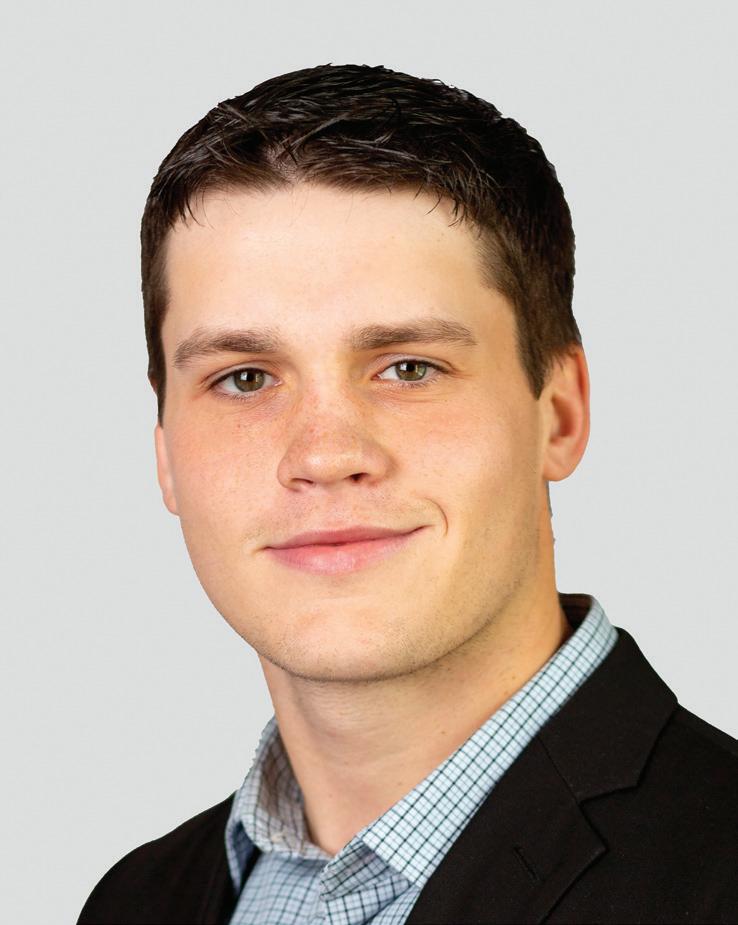
Tyler Isane
tyler@northernaginc.com 218-217-7656
Growing up on a family farm southeast of Badger, MN, Tyler Isane developed a deep appreciation for agriculture from an early age. Isane Farms, the family operation, produces a variety of crops, including wheat, soybeans, corn, canola, ryegrass, and alfalfa, and also raises cattle at multiple locations.
As a crop insurance agent with Northern Ag, Isane takes pride in helping local farmers protect their future. By leveraging his farming background, Isane understands the unique challenges producers face and is dedicated to guiding them toward the best insurance solutions.
Outside of work, Tyler enjoys spending time with friends and family, participating in sports, attending community events, and engaging in activities that strengthen local connections.


Jenna Whalen
jenna@northernaginc.com 218-217- 7657
Insurance Operations Manager
Crop Insurance Agent
Jenna Whalen's roots in agriculture run deep. She grew up in the dairy industry in Wisconsin and then spent 10 years working as an agronomist in western North Dakota before joining the Northern Ag team. Jenna and her husband enjoy helping out on his family's farm whenever possible.
Whalen has been immersed in agriculture from a young age and can’t imagine working in any other industry. She finds great fulfillment in being able to help farmers, who she considers some of the best people to work alongside.
Whalen enjoys being part of the entire crop insurance cycle, supporting farmers from preplanting decisions to in-season claims, through harvest, and finally determining annual production. With each year bringing new challenges and opportunities, she values the ongoing learning and the chance to play a role in helping farmers navigate the complexities of their operations.
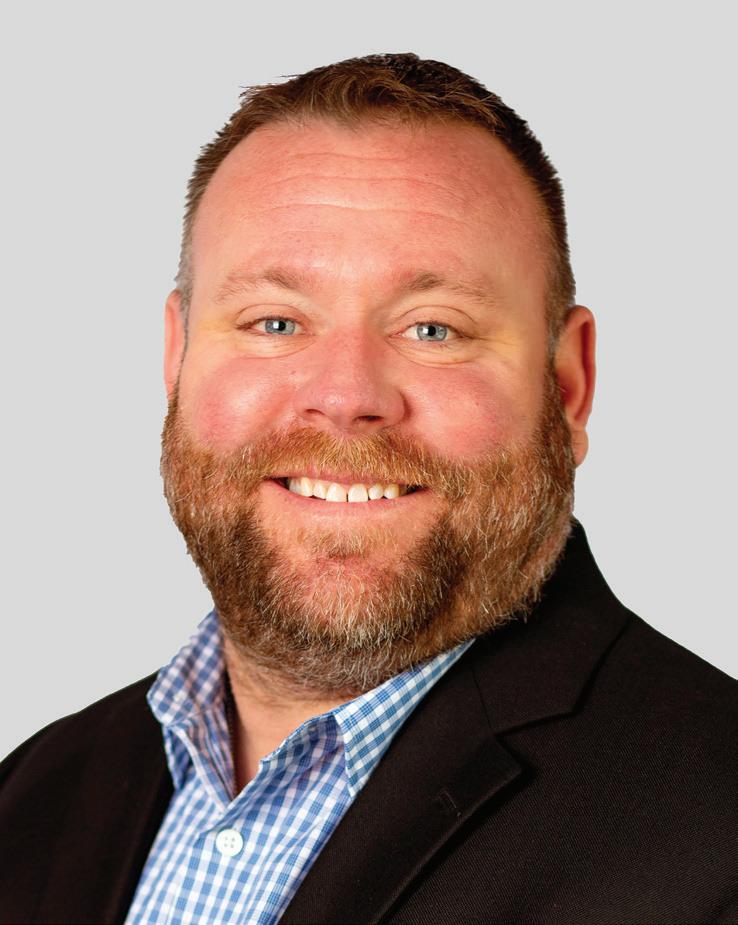
Cole Wittman
cole@northernaginc.com 218-217-7659
Commodity Broker
Crop Insurance Agent
Cole Wittman is deeply connected to agriculture and his community. For the past 10 years, Wittman has raised wheat and soybeans alongside his brother on their family farm. Wittman is dedicated to serving his local community. For the past 20 years and counting, Wittman has been a volunteer firefighter in Warren, MN where he has held various positions including Safety Officer and Captain.
Wittman and his family enjoy spending time at the lake, teaching their children the joys of hunting and fishing, and embracing the outdoor lifestyle.
As a crop insurance agent and commodity broker, Wittman advises producers on various risk management strategies ranging from the realm of cash grain sale recommendations, hedging solutions and livestock and crop insurance products. His dual roles as a farmer and advisor allow him to provide practical, firsthand insight to help producers navigate challenges and and succeed in this dynamic industry.


By Geneva Nodland | provided by Grand Farm

the agricultural industry continues to evolve, Grand Farm’s Sensor Sandbox emerges as a cutting-edge initiative at the intersection of precision farming and technology. Located at the Grand Farm Innovation Campus in North Dakota, this project is designed to test, evaluate, and showcase IoT (Internet of Things) sensors in real-world farm environments. From improving connectivity in rural areas to optimizing field operations, the Sensor Sandbox aims to revolutionize how farmers collect and use data.

The Sensor Sandbox is a testing environment where innovative IoT sensors are deployed to gather real-time data on field conditions. This initiative focuses on three core objectives:
Testing connectivity methods like LoRaWAN, Private Cellular (4G), and fiber broadband to ensure reliable data transmission.
Evaluating various types of sensors to monitor parameters such as soil moisture, temperature, and CO2 levels.
Exploring ways to translate sensor data into actionable insights for farmers, such as optimizing irrigation and improving crop management.
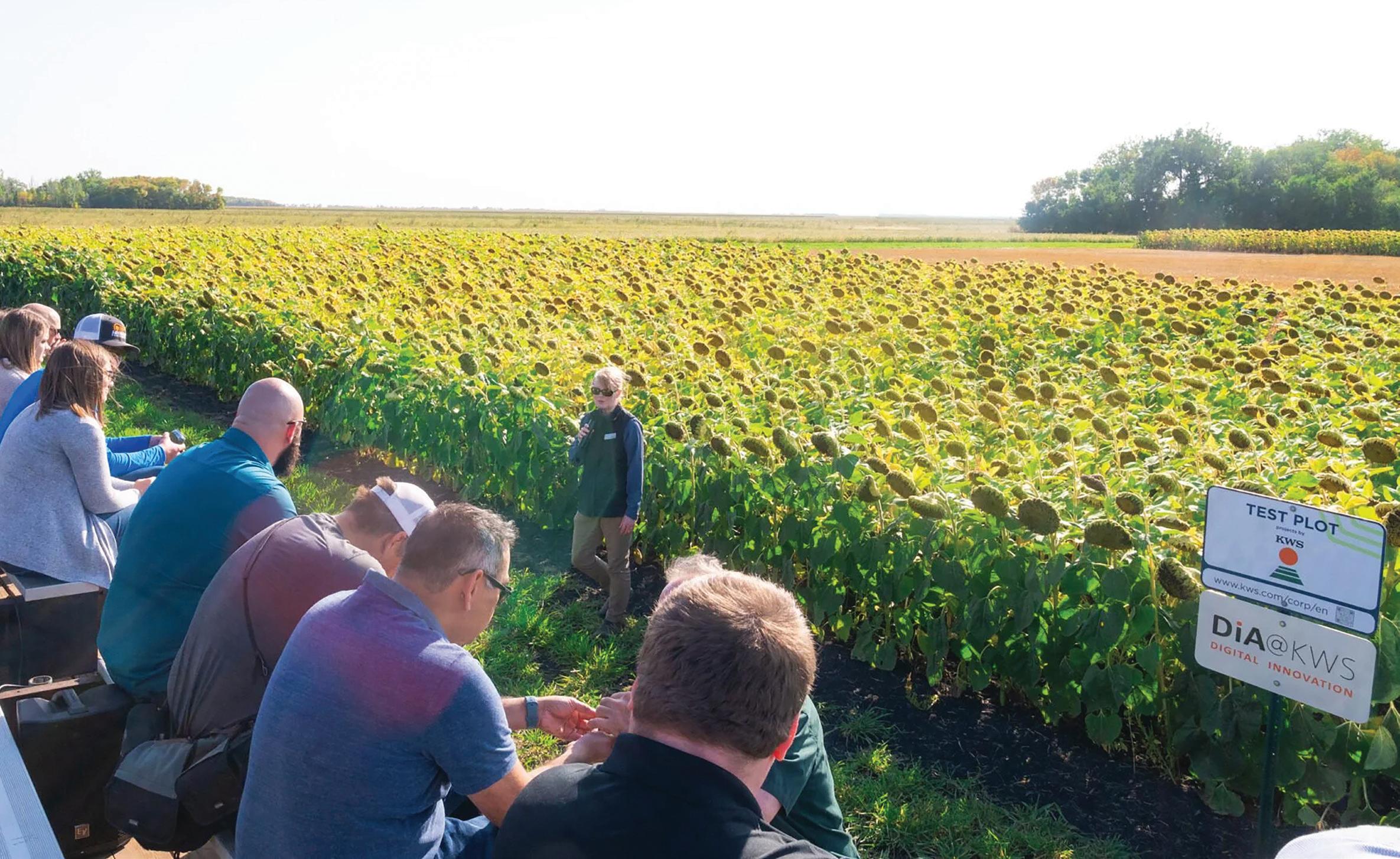
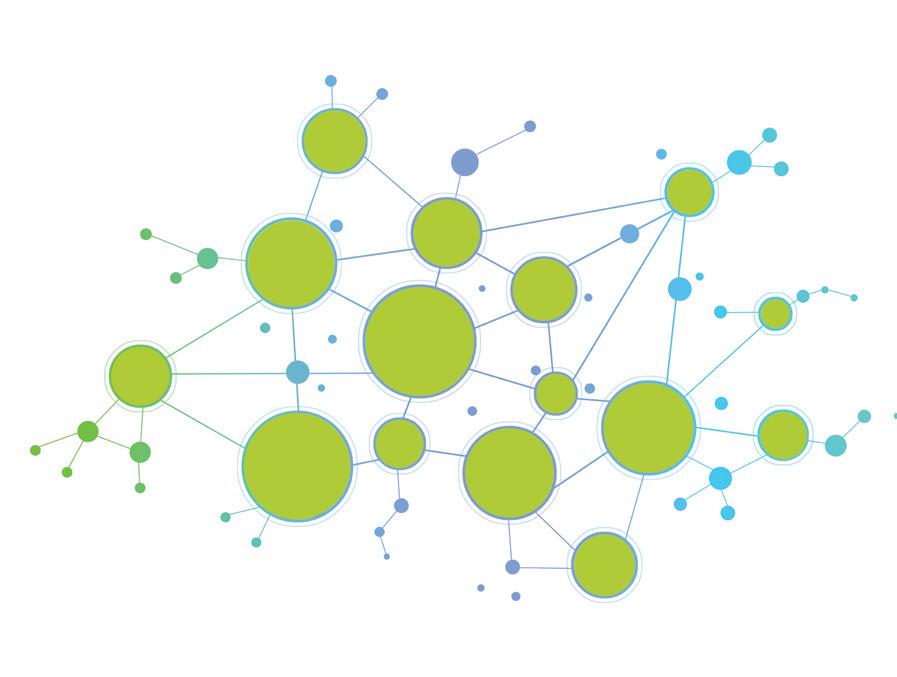
Connectivity is at the heart of the Sensor Sandbox. Rural farms often face challenges with cellular coverage, so the project incorporates advanced communication technologies, including partnerships with Dakota Carrier Network and North Dakota State University. The results include seamless data transmission over distances of up to 10 miles with solutions like LoRaWAN gateways.
Communication Protocols (LoRaWAN, Cellular, Private Cellular, Fiber Broadband)
Ambient temperature and humidity, wind speed/gust and direction, pressure, solar radiation, rainfall, CO2, soil moisture and temperature, and soil nitrogen.

Located in Casselton, ND, this hub provides a realworld environment for startups to test ag-tech solutions. Future Farmer has covered the campus in a few different articles since it's opening last year, but the great thing about this Grand Farm project—it's always updating and innovating (hence the name).
So, make sure you check out this link to learn more and stay up to date on what they're doing!
The Sensor Sandbox collaborates with eight companies, ranging from startups to established tech leaders. Notable participants include:
Specializing in underground soil sensors.

Offering mature weather and crop monitoring systems.

Leveraging aerial imagery to enhance precision farming.
Grand Farm's Innovation Shop offers event spaces for rent, hosting groups from 30 to 500 attendees. Whether you're planning a meeting, training session, or large-scale demonstration, their facilities can be tailored to your needs. Partners enjoy a 50% discount on rental rates. Explore the available spaces and book your next event by scaning the QR code!



With the data collected, farmers can make smarter decisions, such as determining optimal irrigation schedules or analyzing weather conditions to improve crop yields. These advancements bring farmers closer to sustainable and efficient practices while reducing operational costs.
Interested in testing your sensors or collaborating? Contact Nathan Marcotte at pmo@grandfarm.com


rand Farm's Innovation Campus in Casselton, North Dakota, hosted 31 field plots managed by 22 partners from 18 organizations during the 2024 season. This collaborative environment was set up to enable industry leaders, startups, and researchers to develop, demonstrate, and validate cutting-edge technologies, products, and practices in a real-world farming setting.


The field plots at Grand Farm encompass a diverse range of focus areas, including biologicals, crop nutrition, crop protection, crop rotation, drainage tile systems, crop demonstrations, crop breeding research, equipment, and technology.
This year, the introduction of Startup Plots provided early-stage companies with the opportunity to test innovative products and technologies. Seven startups from the U.S. and Costa Rica are participating.
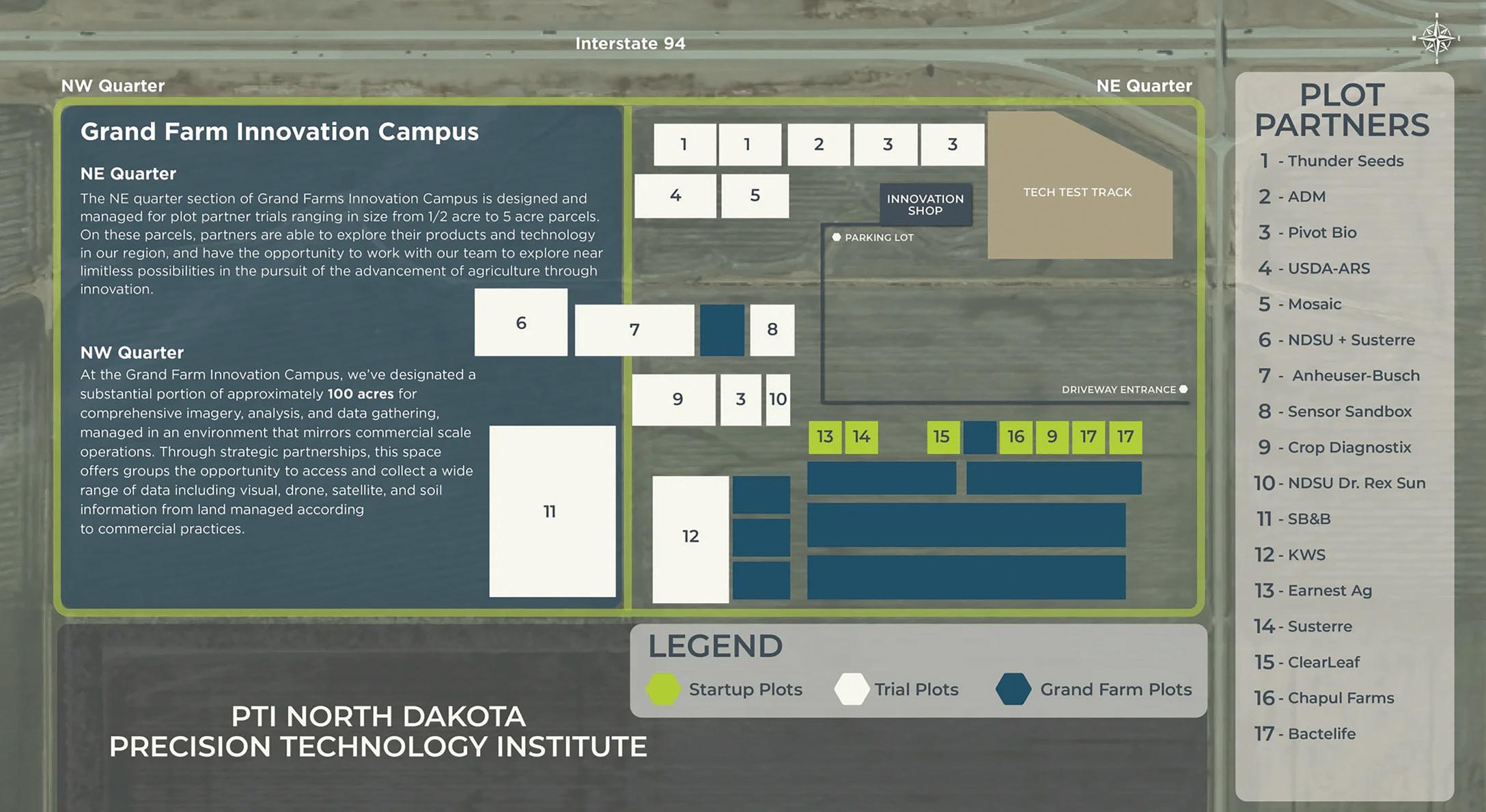

Biologicals, Crop Nutrition, & Crop Protection: Pivot Bio is evaluating the effects of their biological products on corn and wheat. Mosaic is conducting trials on corn to showcase advancements in fertilizer technology using biologicals and new methods to unlock nutrient availability. Earnest Ag is assessing the impact of biological seed treatments with reduced fertilizer rates on soybean production.
beans. SB&B is conducting multiple soybean trials and demonstrations. Thunder Seed is showcasing its U.S. and Canada lineups of corn, soybeans, wheat, and sunflowers. The USDA ARS Fargo is engaged in a long-term study to evaluate experimental sunflower materials for resistance to head rot disease caused by Sclerotinia.
Anheuser-Busch is investigating how incorporating barley into soybean-corn rotations may affect soil in both drain-tiled and non-drain-tiled fields. KWS is exploring sustainable rotations and the effects of tiling on rye, sugar beets, corn, soybeans, and wheat.
Susterre, in collaboration with Dr. Lindsay Malone from NDSU, is investigating the efficacy of planting soybeans using high-pressure water jet technology through varying depths of corn residue. NDSU's Dr. Rex Sun is validating robots designed to manually remove kochia in sugar beets and other weeds in corn and soybeans. Crop Diagnostix is testing its gene expression analysis technology on corn plants. Grand Farm is creating a sensor sandbox on a soybean plot to demonstrate and showcase IoT sensor technology.
ADM is demonstrating edible bean production in North Dakota with six varieties each of pinto and black


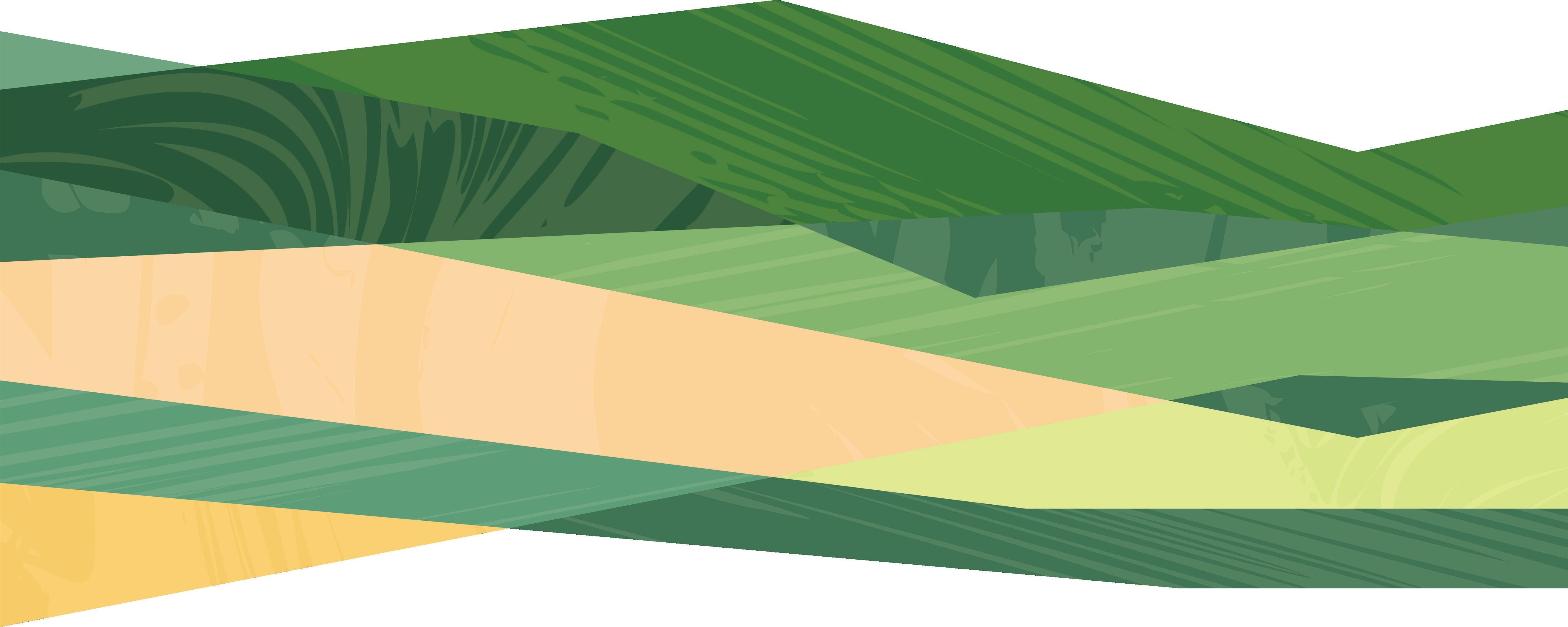
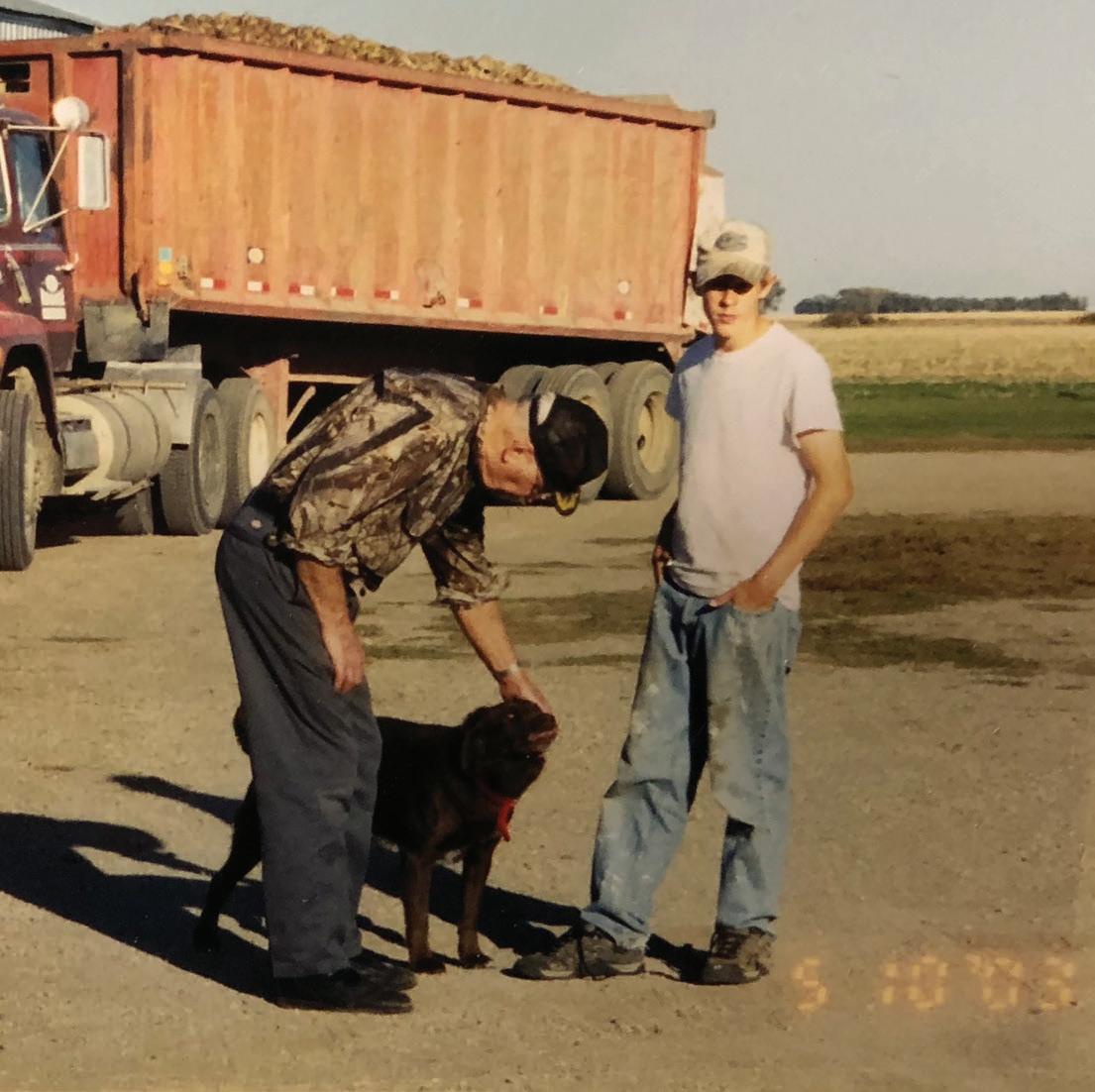


By Geneva Nodland

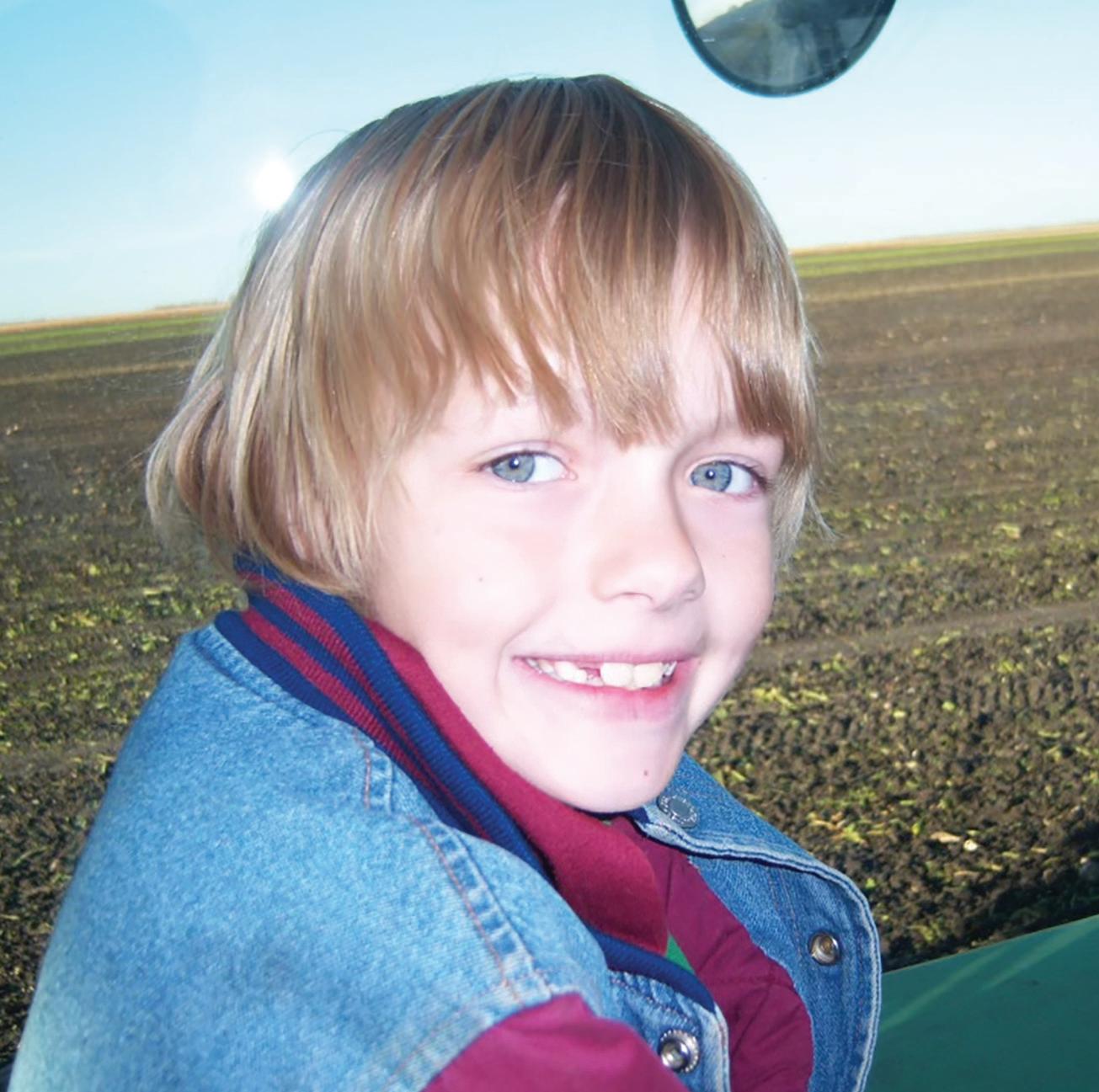
uture Farmer magazine has poised itself as a leading voice in the quickly advancing and growing agricultural technology realm—from updates from other leaders in the industry, tips and trends from the professionals servicing growers, and, of course, conversations with the farmers and growers themselves.
In this issue of the magazine, we're taking a similar yet different approach to delivering insights from those in the field. We sat down with a handful of farmers from the region, all with different niches, backgrounds, and perspectives on the wide scope that is a career in farming; plus, all are part of the "next generation" of farmers in their families. Some have been preparing for this role their entire lives, from farming the carpet they learned how to walk on to learning the ins and outs in their teen years; while others, even though taking over the farm wasn't on their immediate radar, have embraced the role and jumped in with both feet.
As we spoke to these young farmers, we learned about their outlook on the industry, and that is important. Why? Because it's on the cover of this magazine—they are the next generation of growers in our country. So, let's meet these passionate young farmers, get to know their unique operations, and more—check it out!


Ryan Raguse has agriculture in his DNA. Growing up on his family’s sixth-generation farm near Wheaton, MN, he was immersed in farm life from an early age from toy tractors littering the living room floor to learning to drive one at the age of 10. Today, Ryan blends his passion for farming with his expertise in entrepreneurship and technology as the co-founder of Bushel, a leading ag-tech platform based in Fargo. After stepping in to manage the family farm when his father became sick a few years ago, Ryan now balances his dual careers in both farming and agtech innovation. His unique perspective on agriculture combines a respect for tradition with a drive to modernize farm operations through technology. As part of a new generation of farmers, Ryan is focused on carrying his family’s legacy forward while also ensuring the industry continues to evolve to meet future challenges.
As a kid, Ryan farmed the living room with toy tractors and spent summers begging to help with real equipment. By the time he was 10, his dad had him driving tractors, and by 13, he was learning to drive an 18-wheeler down gravel roads.
"From the moment I can remember, I was farming," he said. "It was always in my blood."
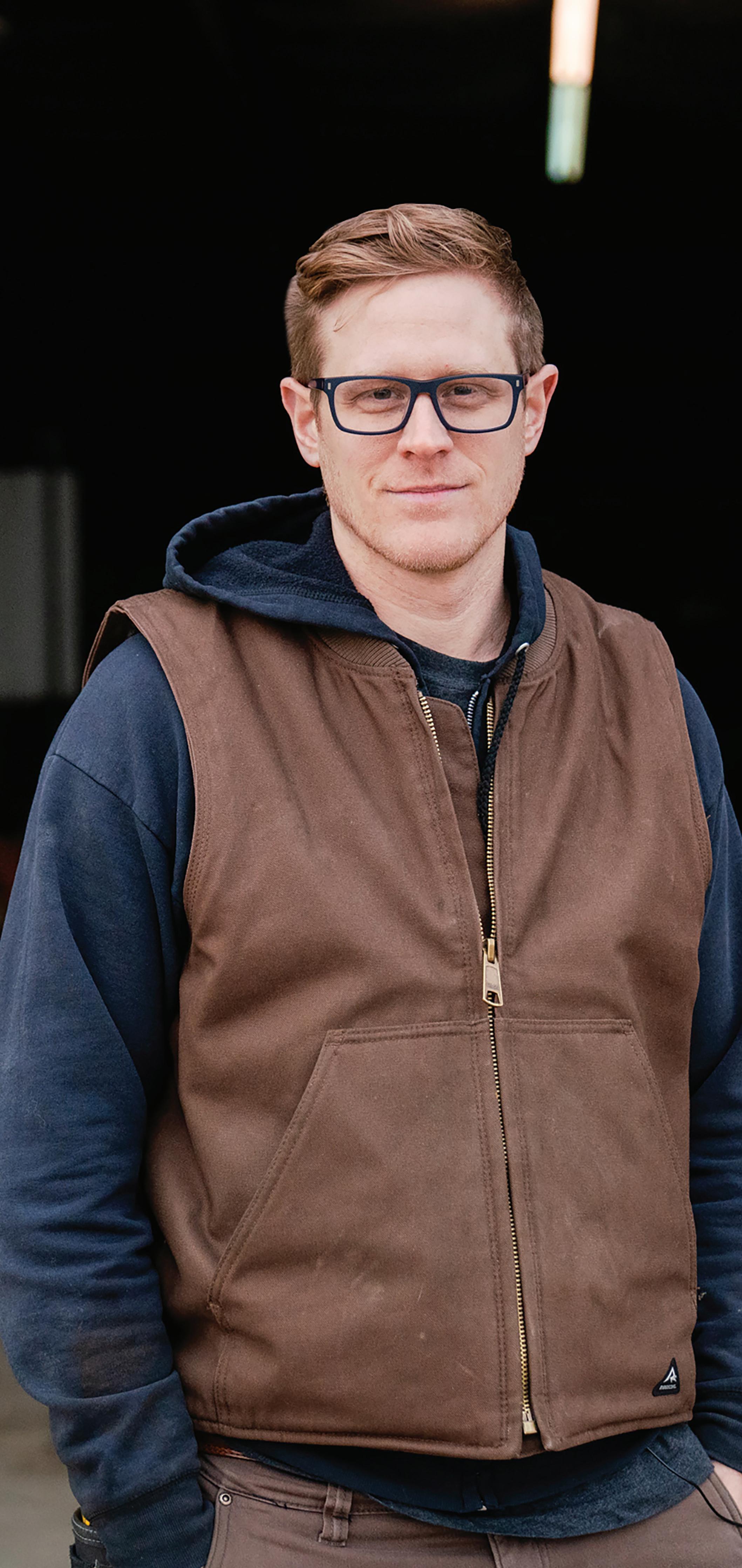
provided by Bushel

Just as sure as he was of his early connection to farming, Ryan was sure he'd leave it, though not for good, when he came of age. After high school, he attended college, first at St. Cloud State University then transferring to North Dakota State University. His college education was focused on business and entrepreneurship.
"I was just, like, severely interested in entrepreneurship, without any particular ideas... but it was just inherently in my DNA to run businesses," Ryan said.
That drive led him to found a variety of businesses throughout his early career, between school and summers spent back at home helping out on the farm. One particular venture stuck—what was then called, Myriad Devices, and is now recognized and called Bushel. This is an ag-tech platform designed to bridge the communication gap between farmers and grain elevators. This co-founded business took off, and eventually, Ryan had to primarily focus on that, but whether it was with accounting or a helping hand every so often during harvest, he stayed connected to the farm.
Bushel, which Ryan co-founded with Jake Joraanstad, is now a key player in the ag-tech industry, providing digital tools that streamline operations for farmers and agribusinesses. The platform helps farmers manage contracts, grain deliveries, and payments—all from their handheld devices.
Bushel's goal was simple, they wanted to build something that made the different parts of farming easier and more efficient—and they've excelled in that.
While Ryan’s tech career was flourishing, a pivotal moment in his personal life brought him back to the farm full-time.
In early 2023, Ryan's father became sick; he passed away that summer. The same year, the farm's harvest was finished out under his father's name and with lots of help from the community, but the next year (this past 2024 season) Ryan fully stepped in to manage the farm. Though he had helped and grew up helping, taking over the farm came with new challenges.
"That was always the intent— wait for [Dad's] retirement before I came back to the farm. Until
then I was going to do my own thing and help out and do what I could at the farm because I wanted that to be part of my journey as well."
He always knew he'd be involved with the farm in some capacity, but fully taking over wasn’t something Ryan expected to happen as soon as it did. While nerves and maybe a little intimidation were expected, Ryan approached it logically.
"I thought about it and asked, 'Can I do it or not? How will I make it work?' There was a lot at stake, but at the end of the day, I would have hated to see this thing just disappear like that. Farming is a lot, but if you do it right, it can be a lot simpler."
While he knows it's definitely not "simple," Ryan realized that there are tools he could utilize so that he could balance taking this on with his other roles.
Now, Ryan's dual roles—as a farmer and as Bushel’s CIO— offer him a unique perspective on the future of agriculture. He understands both the traditional, hands-on work of farming and the growing importance of technology in modern agriculture.

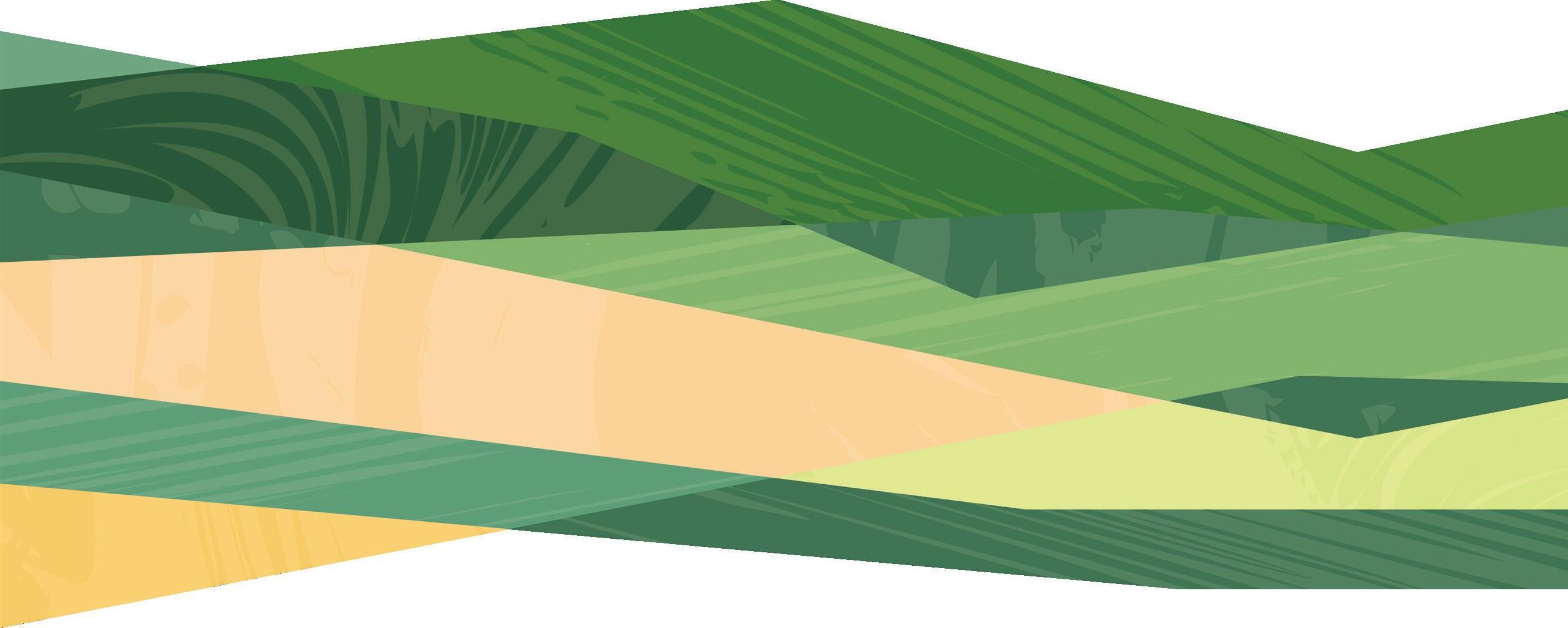


This balance is something he finds essential for the success of today’s farmers.
While farming isn’t the same as it was in his great-great-grandfather’s time, using new tools and staying adaptable ensures that Ryan can take over and grow with the field; and his role with Bushel is a happy coincidence in helping this happen.
Ryan represents a new generation of farmers who are reshaping agriculture. A factor of that includes the fact that many farmers today have dual careers—balancing work on the farm with another career. According to a national poll done by the USDA, a large portion of farmers, about 40%, are working 200 days or more off the farm. This indicates that there are many farmers, like Ryan, who are dual-career. Meaning that's less time dedicated to the farm—so how do they do it? Tech, and not just the newest, high-dollar equipment either. Having the ability to digitally manage a farm's operations from anywhere is huge.
"It's really nice to have that stuff at my fingertips, it'd be a pain in the butt if not. Just Saturday morning I was selling silage, executing this contract, on my phone. If you had do that during working hours, even 5-10 years ago, that would make it a lot more challenging. And, if you didn't have good technology like that, it would also make it really difficult," Ryan said.

While modern farming tools have made it easier to manage those multiple roles, Ryan realizes that farming remains a tough industry and he credits his problemsolving mindset, developed through both his tech career and his time on the farm, as essential to his success.
"One of the things I learned when I was young is a skill that is just as important with farming as it is with entrepreneurship. On the farm, there's always, inevitably, some kind of problem. It could be anything, something goes wrong, like equipment breaks, something doesn't fit right, whatever it was. On the farm, we never instantaneously solved everything by just running to town and getting new parts or calling out the maintenance. But, whatever it is, we solved it ourselves, so I learned this creative skill set for problemsolving," Ryan said. "We couldn't just maximize resources, so when it came to starting a company, I knew I didn't have infinite resources. I looked at what I had and asked, 'How am I going to solve the problem with exactly what I have?' And just do it. So I ended up with this reinforced, creative problemsolving skill over many years."
Ryan also emphasizes the importance of community and mentorship in farming. When he took over the farm, he relied heavily on advice and help from his neighbors and fellow farmers.
“That first year after dad got sick, that year we had a lot of help from the neighbors. You know, ag is just good for that type of
thing. They were just wonderful, wonderful humans and we got a lot of help that year," Ryan said.
Now, Ryan just completed his first harvest season in 2024 with the farm under his name. While he could rely on family, friends, and neighbors like he did the previous year, he took ownership and found different ways to manage the different aspects of farming as well as his time physically doing hands-on work.
"There's a bunch of core activities that you do inside of a farm. You gotta market and sell your grain. You gotta do your agronomy. You gotta do your operations. You gotta be mechanics—I end up doing a lot of mechanic work, believe it or not. I end up having a system of people, like an agronomist, a grain marketer, and some seasonal help out."
Ryan built a team, relied on his background of growing up on the farm, and traveled the hourfifteen trip many, many times to not only make it through the season but to do it well. Even with his preparation and experts on his side, Ryan still found himself feeling like he needed to talk decisions through with someone.
"It was kind of a life lesson—you might look at these things and know that some of the stuff is happening, but when you're accountable for the decision, then you go back and second guess yourself," he said. "And it's just silly things, like, how deep should I plant the corn? Two inches, two and a half inches? Where's the moisture line?"
CONTINUED>


Ryan knew what his father did, but he now found himself in the position to ask, "Why?"
His questioning lead Ryan to hours of research on different variables and methods and ways of doing something because he knows the many different data points that go into making a simple decision like the depth to plant a seed. It was different than just seeing his dad plant crops.
"When it's your turn, you're like, 'Now I really want to get this right and not screw it up.'" he said. "They do find in agriculture that you can do everything right, and Mother Nature will still kick your ass, and you can do everything wrong, and Mother Nature will still forgive you. So, you just do the best you can."
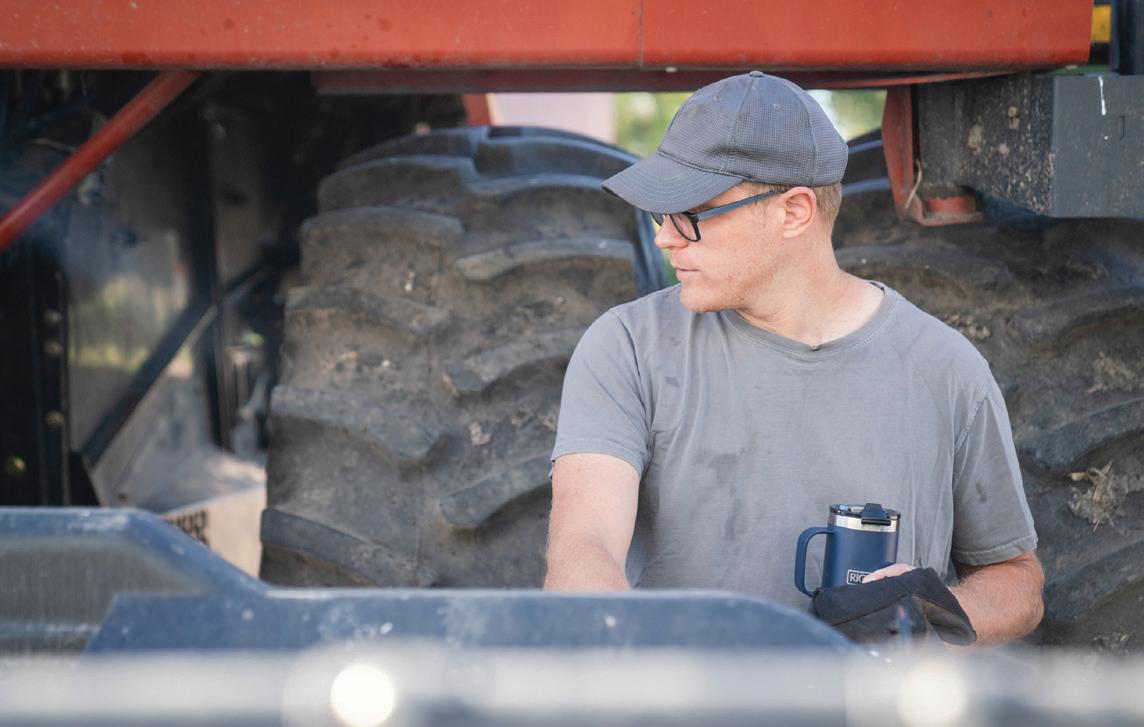



As Ryan continues to grow both Bushel and his family farm, he is focused on sustainability—both financial and environmental. He’s beginning to explore options like organic farming and strip-till practices to improve soil health and preserve the land for future generations—something his dad had talked about in the past.
There are a few matter-of-fact reasons why Ryan is doing what he is, and some sentimental ones too.
"Financial sustainability is important. I do take pride in growing food and I want to do that better. I know it sounds silly, but if you're going to do something, you might as well do it and improve upon it. For me that's everything from managing topsoil and, though we haven't done it yet, Dad and I always talked about strip-tilling and doing some organic crops," Ryan said. "I also
think part of farming is just to enjoy it. When my time on Earth concludes, I don't know if the farm will conclude at that time—I don't know that. I can't speak to the future but... I think there's no more important time than now to just enjoy it and do the right thing. And, make sure it's financially sustainable, as much as it is environmentally sustainable."
When asked about his favorite part of farming, Ryan’s answer is simple: time in the tractor cab.
"Sometimes you got a lot of stuff going on, like monitors and stuff and you're trying not to screw it up, and you're thinking about the logistics of it... Finally, when you get it all figured out, it all settles in and you're in kind of a flow state. The tractor cab is probably my favorite, specifically, in the combine, and more specifically, in the combine cab at night."
For Logan Rayner, farming has always been the end game it’s been a lifelong endurance, ingrained in him from a young age. Growing up on his family’s farm near Finley, ND, Logan’s childhood was filled with adventures that shaped his love for agriculture. Whether it was playing with toy tractors in the living room or tagging along with his dad and farm employees in the fields, Logan was always eager to learn and be part of the operation.
"Once I was old enough to go out on the farm, I'd go ride with all of the employees— they would take me and my dad would always have me on a tractor—I just fell in love with it," Logan said.
His connection to the farm continued through high school and college. Even while studying ag business at the University of Minnesota Crookston, Logan never strayed far from his roots—literally. Crookston’s proximity to the farm allowed him to return home every weekend, so he stayed involved in day-to-day operations while getting his education.
"I chose Crookston because they have a really good farm program, a lot of known teachers, and it was probably the strongest smaller school program," Logan said. "And, it was only about an hour and 10 to the college, so I drove back every weekend to work back on the farm."

Photo by Geneva Nodland



The University of Minnesota Crookston has great hands-on agricultural programs that prepare students for careers in agribusiness, agronomy, and agricultural education. They focus on technology, management, and practical experience learn more here!
excited to take on new challenges and responsibilities while still collaborating with his dad and their trusted crew.
Logan’s journey into a leadership role on the farm wasn’t a sudden transition, but rather, it was years in the making. He gradually took on more responsibilities, learning the ins and outs of farm management from his father, who allowed him to make decisions and take ownership of various aspects of the operation.
In the past few years, Logan has stepped up to manage the entire health side of the farm—overseeing equipment maintenance, planning repairs, and ensuring that operations run smoothly year-round. His father’s mentorship has been instrumental in this transition, giving him guidance while also stepping back to allow Logan to develop his own management style.
"At the beginning of the day, he goes off to meetings and I go off to meetings...," he said. "We have a list written down of what needs to be done, I usually take care of that. My dad stepped back a lot because it's really hard having two bosses."
His role has evolved beyond fieldwork, shifting more toward administrative and logistical planning. And while he enjoys the challenge, Logan admits that he sometimes misses spending long hours in the tractor.
"The best time I like to go and sit in a tractor is at night when nobody else is there. No one is around, I can be there as late as I want, and I don't get any phone calls," Logan said.
In addition to his farming responsibilities, Logan has found a unique way to diversify and expand his income through drain tiling—a business that started as a small side project and has quickly gained momentum.
Drain tiling is a water management practice that removes excess moisture from fields, improving soil conditions and ultimately increasing yields. This process involves installing a network of perforated pipes beneath the soil’s surface, which helps to channel water away from saturated areas and prevent standing water from damaging crops. Proper drainage allows for better root development, improved field accessibility, and greater overall efficiency in farming operations.
Logan’s drain tiling journey began modestly. His father initially purchased a tile plow to manage drainage on their own land— which Logan used, but soon, word spread among neighbors who were interested in having similar

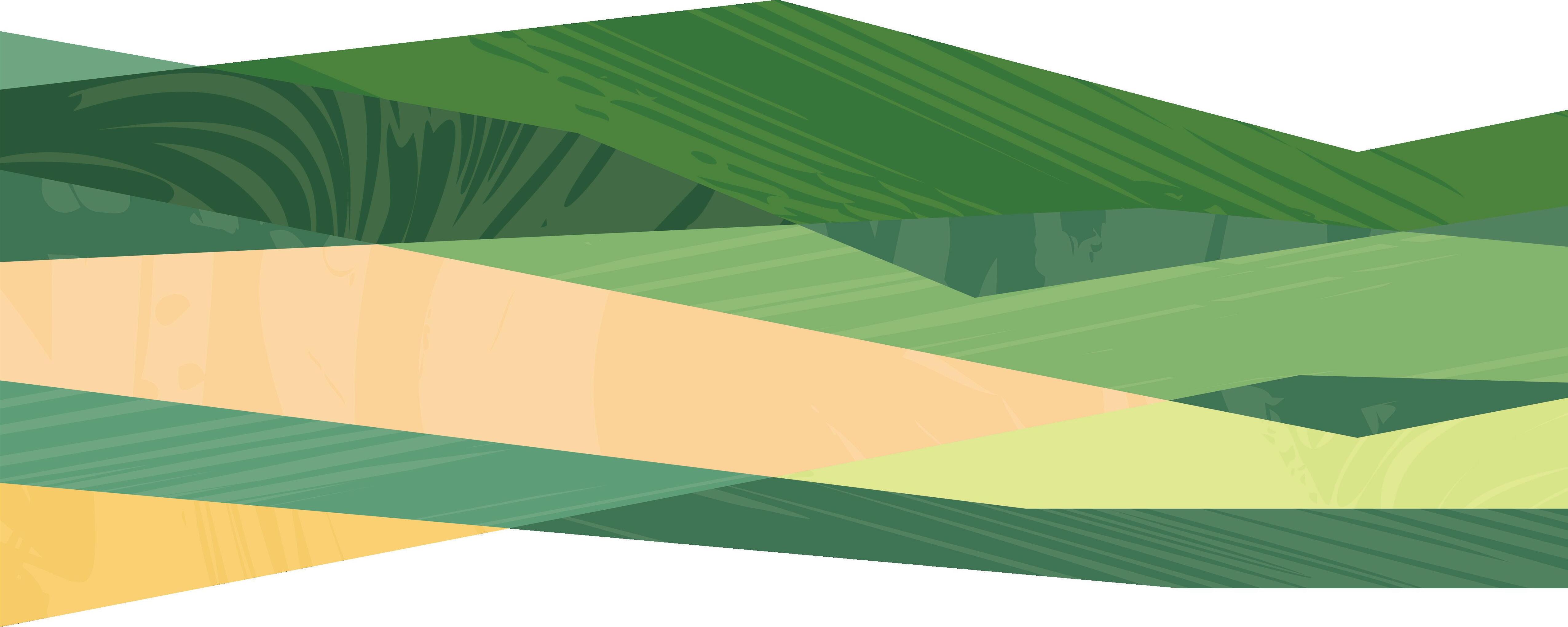
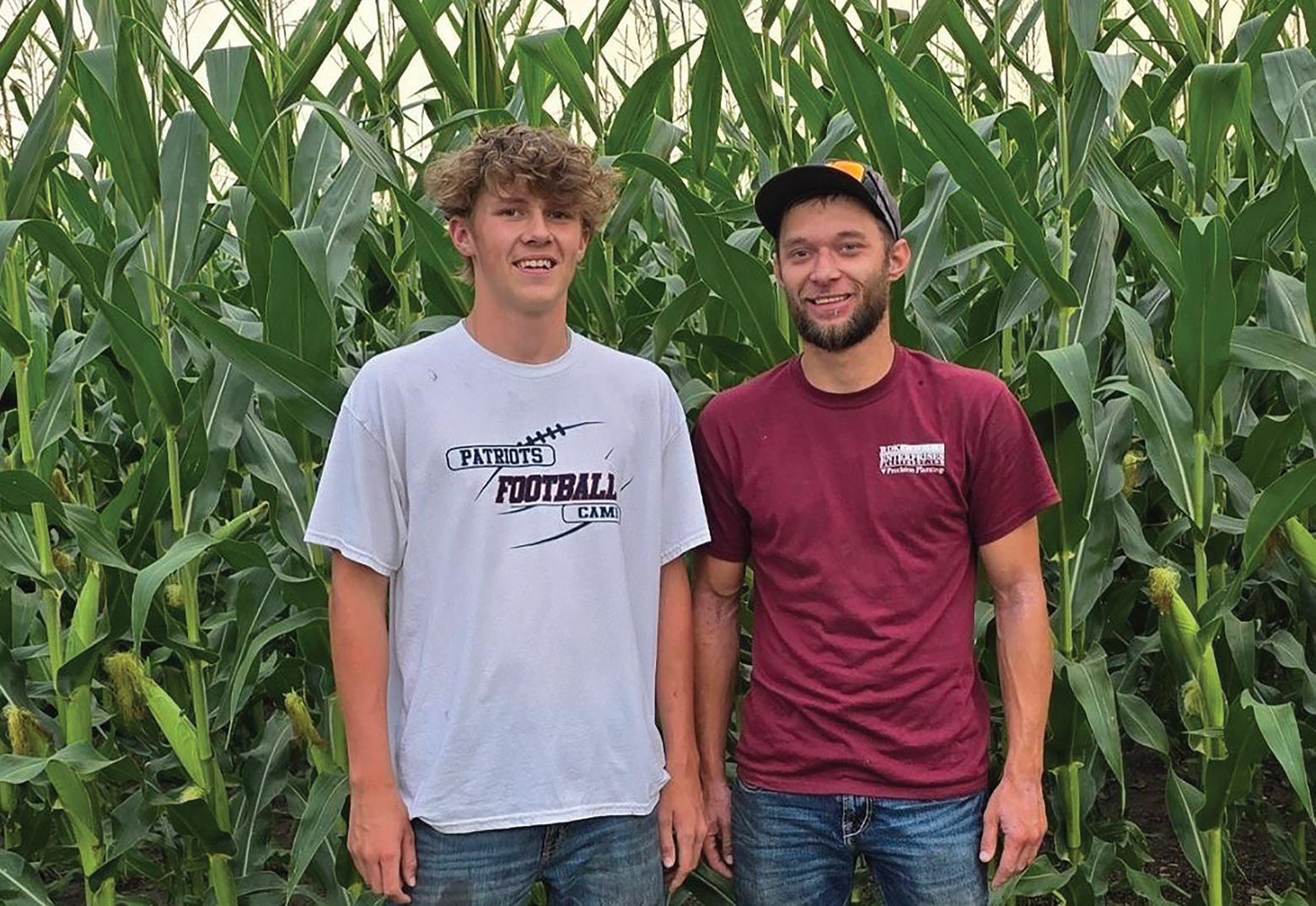

work done on their fields. Seeing the opportunity, Logan stepped up and created an entire side operation, refining his skills and expanding the service to surrounding farms.
"The last couple of summers, I've done just a little bit for a couple of small projects for some neighbors, and everybody seems to like it," Logan said. "I do it when I have extra time, that's why I tell everybody I'm still a farmer first, but I'll help you guys out."
Last fall marked his first major project, and the response was overwhelmingly positive. With a team of workers to help with the labor, Logan has found himself balancing both farming and tiling, but he likes it, plus has the equipment for it.
"It's all manual. A lot of manual labor getting down in the hole and connecting pipe—and that's where I have the advantage. We have a lot of younger kids working for us and they want the extra hours, so we all come together and get it done," he said.
A typical tiling job involves careful planning and precise execution. Logan starts by assessing the field’s drainage needs, mapping out tile placement, and determining the best depth and spacing for optimal water removal. From there, they install the drainage pipes, ensuring proper connections and placement. It’s physically demanding work, but Logan sees it as a valuable investment for both his farm and others in the community.
As he continues to build the business, Logan remains committed to prioritizing his farming responsibilities while taking on tiling projects when time allows. His long-term goal is to strike the right balance between the two, maximizing both operations without sacrificing quality.

Logan is always looking for ways to innovate and improve efficiency. He has played a key role in bringing that innovation into their operation, particularly with test plots.
Each year, he partners with agronomists and seed suppliers to experiment with different seed varieties, planting methods, and soil treatments. These test plots provide valuable insights that help the farm make informed decisions for future seasons.
"We have test plots in fields all year long. We go through Hefty Seed Company out of Finley, and they're really good to work with. We're doing stuff for Hefty, we're doing stuff for ourselves, with different seed varieties," Logan said. "If you're not doing test trials, you're not trying to learn."
As he looks ahead, Logan sees both the challenges and opportunities that come with being a young farmer in today’s industry. The rise of autonomous equipment, fluctuating input costs, and the growing demand for sustainable practices are all factors he’s keeping a close eye on.
"[The future], it's gonna be autonomous. We're so close to it. It's gonna come faster than we think. The price tag on it—nobody's gonna want to pay, but at some point, we're gonna have to pay it," he said.
Despite these challenges, Logan remains optimistic about the future— just as most next-generation farmers feel. He credits the strong support system within the farming community and the willingness of farmers to adapt and innovate as key drivers of success.
For Logan, farming is about the work as much as it is about being part of a larger agricultural community.
That sense of connection started early for Logan, as his father, a wellknown figure in the local ag industry and former president of the North Dakota Corn Council, introduced him to countless farmers, agronomists, and industry leaders. Whether it was attending meetings, trade shows, or community events, Logan was always by his dad's side, listening and even building relationships with people who had been farming long before him.
"I started meeting people in high school. He took me anywhere, I mean, everywhere he went. I would tag along and go to meetings and get to know people," Logan said.
Being part of such a strong network has been invaluable as Logan transitions into a leadership role on the farm. He knows that having a reliable community to lean on makes all the difference when challenges arise.

"It's a farming community," Logan said. "Everybody works somehow with a farmer. I mean, everybody gets it."
That same sense of camaraderie extends to the team that Logan works with daily. Some employees have been with the farm for years while other workers bring fresh energy to the operation. Logan has even brought in students who want hands-on experience, giving them the same opportunities he once had as a kid riding along in the tractor. In farming, relationships matter just as much as the work itself.
"Everything you do is communication and knowing people," Logan said, "It's not about what you know, it's who you know, right?"




If you're not doing test trials, you're not trying to learn."
- Logan Rayner
With his first full year of independent farming on the horizon, Logan is eager to put his skills and knowledge to the test. Whether he’s in the fields, managing his drain tiling business, or experimenting with new technologies, his passion for agriculture continues to fuel his drive to succeed.
Logan is ready to be all in as the next-generation farmer working on his family's farm.
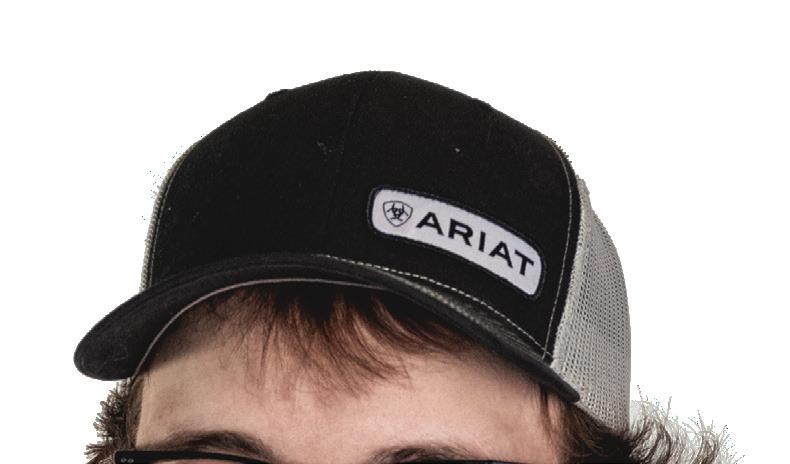

Like most, Daniel Jossund’s journey in agriculture started early—growing up on his family’s farm in Perley, MN, he always knew farming was his future. From an early age, he found himself drawn to the work, whether it was riding along with his dad in the tractor or managing his own small patch of rented land as a teenager. His upbringing instilled a deep appreciation for hard work and a love for agriculture that has only grown stronger over the years.
Now, as a senior at North Dakota State University studying agricultural economics, he’s balancing school, farming, and an ever-growing hay and straw business that keeps him busy year-round.
"Once I knew that being a farmer was something that I could do, that was what I wanted to do," Daniel said. "I was always playing with toy tractors and begging my mom to take me out to the field or the shop. As soon as my dad would let me loose in a tractor or combine, I was ready to go."


his own operation wasn’t handed to him overnight.
Daniel's entrepreneurial spirit showed early. At just 14, he rented his first acres from his family to grow soybeans and wheat. That small step quickly snowballed into a bigger venture when he and his brother, Andrew, began baling straw to make some extra cash. What started as a side project with an old square baler soon turned into a serious operation. When Andrew moved on to pursue auctioneering, Daniel
bought him out and took the business to the next level—scaling from small squares to large rounds and expanding his reach across the region. Today, he plans to bale 2,000 acres of straw and 200 acres of alfalfa, showing that a little ambition and a lot of hard work can go a long way.
"I didn't ever envision the hay and straw business being a big part of what I want to do, but it just fell into place and it worked," he said. "It works good for me."
Throughout his college career, he has spent ample time at the farm, more so in the summer and seasonal months, but farming isn’t just a summer gig for Daniel. When he’s not in the fields, Daniel keeps busy with snow removal in the winter, subcontracting for S & S Landscaping to put his equipment to use year-round. The experience has provided him with valuable business skills and additional income to invest back into his farming ventures. It’s all part of his strategy to make the most of his resources year-round, which is a common strategy for farmers, and especially young ones.
Rather than a sudden handover of responsibilities, Daniel’s family has offered a gradual transition of learning for the next generation, allowing Daniel and his brother to take on more acres and responsibilities each year. Their father, nearing retirement, has passed on more responsibility each year, allowing them to learn the ropes from the ground up—literally. It’s a transition plan that has allowed them to make their own management decisions while still having their dad’s experience to lean on.
"Instead of being given the reins to a large grain farm to take over, my brother and I have had the opportunity to start with our own acres, start small, and then over the years, my dad each year, will let us farm another piece of ground," Daniel said. "So, we can see how it works from the ground up."
The gradual shift has also given Daniel the freedom to make key business decisions, like choosing seed varieties and investing in new equipment. It’s a hands-on approach that’s preparing him for the day he and Andrew fully take over the 3,500-acre operation.




Like many young farmers, Daniel sees the value in blending triedand-true farming practices with modern technology. He and his brother have introduced John Deere Operations Center to their operation, a move that’s helping them track data, monitor equipment, and make smarter, more efficient decisions.
The John Deere Operations Center is a high-tech command hub for farmers, helping to turn the data from their equipment and fields into smart, actionable insights. It connects tractors, combines, and other gear to the cloud, letting farmers monitor performance, track field progress, and make precise decisions about planting, spraying, and harvesting all from their devices. Farmers enjoy the features like realtime machine tracking, field mapping, and collaboration tools. Whether it’s fine-tuning operations, sharing data with agronomists, or keeping records for compliance, the Operations Center puts modern precision ag at their fingertips.
"One thing that my brother and I have started to use the past two years is the John Deere Operations Center. As we started to buy equipment, we have gotten into John Deere GPS and using John Deere Operations Center—that's a really nice tool for tracking data and [seeing] where the machines are," Daniel said. "We were always using




auto steer. It's just this John Deere tech with the operations center is a little bit more sophisticated."
While Daniel values traditional farming methods, he remains open-minded about adopting new technologies that can streamline operations and increase productivity, a mindset that is crucial for staying competitive in today’s evolving agricultural landscape.
As a fourth-generation farmer, Daniel carries a deep sense of pride in working the same land his greatgrandfather homesteaded. Standing in the fields where generations before him labored, his connection to the past might be a driver for his feeling of responsibility to the future.
"There' are a lot of families around here that used to farm but don't anymore, so it's definitely cool to have the opportunity to keep farming with the same last name," Daniel said. "And to think about the fact that we're on
Find a niche... I think that that's really going to be an important thing for people my age to be successful. To find a niche outside of the regular big commodities."
- Daniel Jossund
the same farmstead that my great grandpa homesteaded, how much it's changed through the generations, and that it's the same lineage continuing that—it's neat to think about."
Though he’s passionate about farming, Daniel also understands the challenges young farmers face today, from rising costs to the need for diversification.
For young farmers like Daniel, carving out your unique place in the industry is crucial to long-term success. The rising costs of land, equipment, and inputs, combined with market volatility, have made it challenging to rely solely on traditional row crops. That’s why Daniel has embraced diversification—balancing the family farm with a growing hay and straw business.
"One thing that I see people like myself who want to come back and farm do—and a really important thing—is to find a niche, like I did with the hay
and straw. A lot of farms are just corn, beans, wheat, and maybe sugar beets, but it's just those main crops. It's hard to start farming that or break into it without a lot of land base," Daniel said. "So, whether it's custom spraying, fertilizer spreading, crop scouting, or something else ag-related to supplement you—maybe you could use some of the same machinery you already have for it—I think that that's really going to be an important thing for people my age to be successful. To find a niche outside of the regular big commodities."
His story is an answer to a growing trend among young farmers who are looking beyond the typical seed rotation to create additional revenue streams. Whether it's offering custom baling services, agronomic consulting, or exploring specialty crops like cover crops and organic produce, finding a niche helps young farmers establish their independence while making their operations more resilient and sustainable for the future.
CONTINUED>

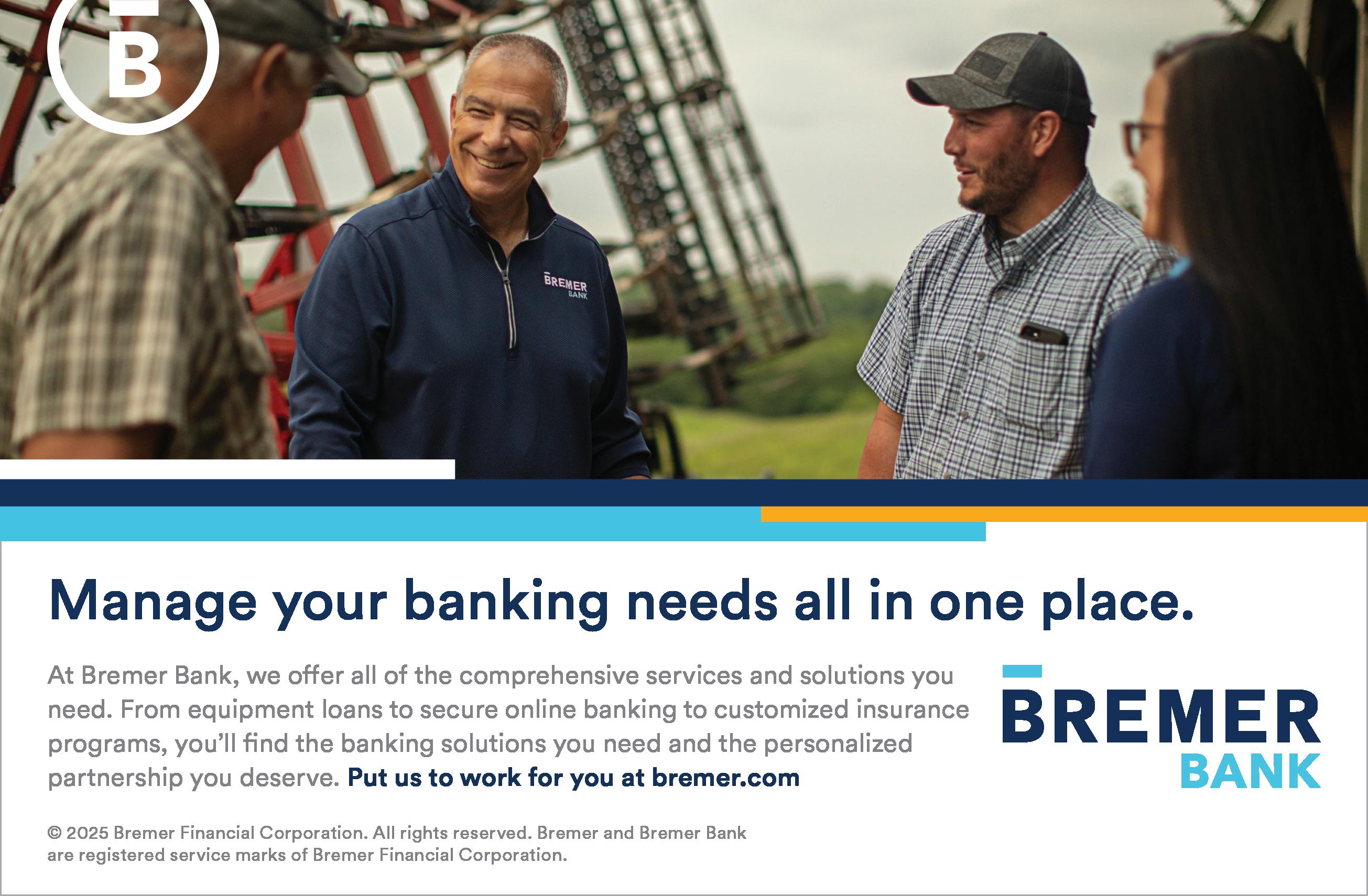

The reality of modern agriculture means that many young farmers can’t afford to farm fulltime right away. These secondary careers not only provide financial stability but also offer opportunities to invest in their farming operations over time.
"That goes back to what I was saying, finding a niche. Because it's hard to survive off of just farming when you're starting out, because it's a very capital and intensive business. And to get to that point where you're set, maybe it's time to retire. Whether that's a W2, off-the-farm job or another business that you have, that's important," Daniel said.
Other farmers turn to careers in agribusiness, crop scouting, or technology-driven services that tie back into their farming operations.
While Daniel values the generational knowledge passed down from his family, he knows that staying competitive in today’s farming world requires adaptability. For young farmers looking to build their future in agriculture, diversifying income sources, embracing new technology, and finding their niche is more than just a strategy— it’s a necessity.
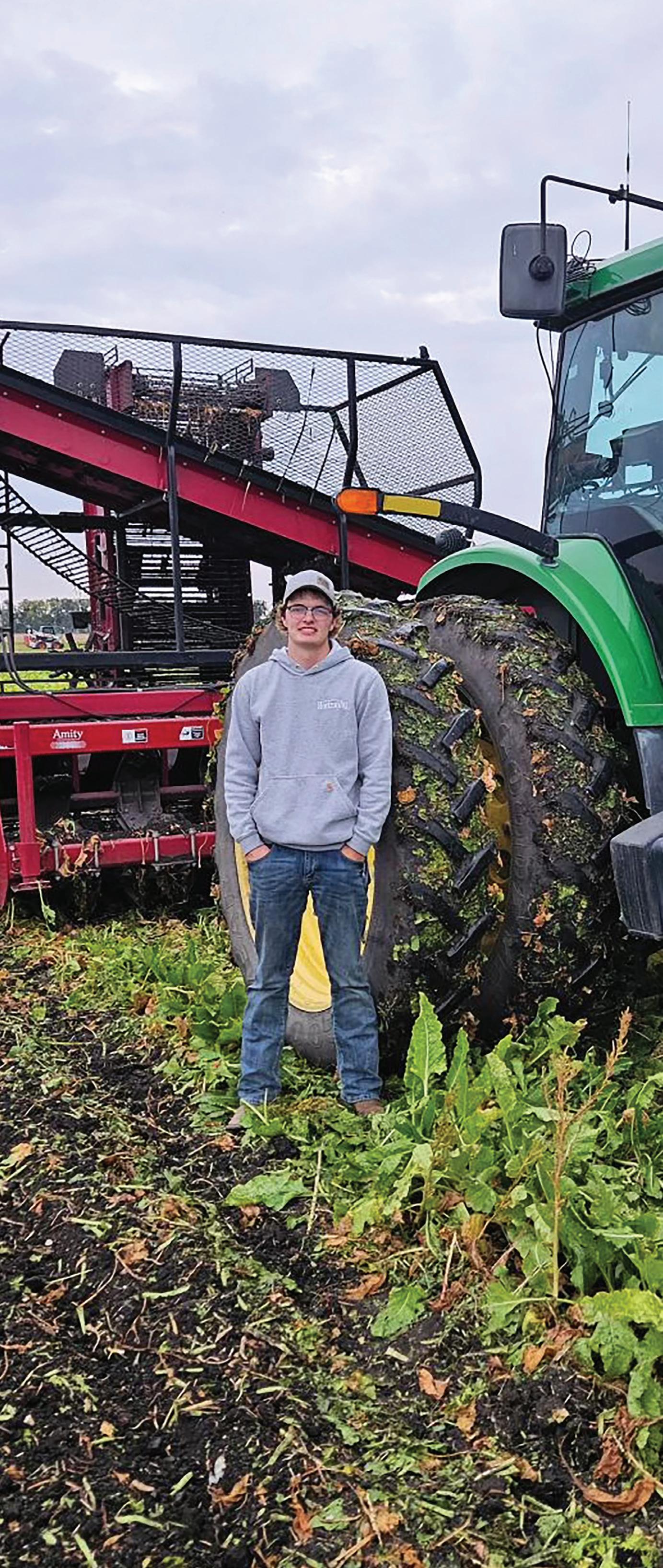


Once I knew that being a farmer was something that I could do, that was what I wanted to do."
- Daniel Jossund
With graduation on the horizon, Daniel is eager and excited to put his full focus on farming—why? Simply because that's what he's supposed to be doing. He’s also excited to continue expanding the hay and straw business, refine their farm operations, and explore new opportunities to improve efficiency and sustainability.
"I am eager to be able to devote more time to farming, commit more time to it, doing more with the hay and straw business, being there
in the winter more to work in the shop, and keeping a tighter eye on my books—just doing a better job of managing everything," Daniel said.
Whether it’s growing crops, doing his snow removal business in the off-season, or playing music with his family band at local events, Daniel embodies the spirit of today’s young farmers—resourceful, hardworking, and deeply committed to their communities.


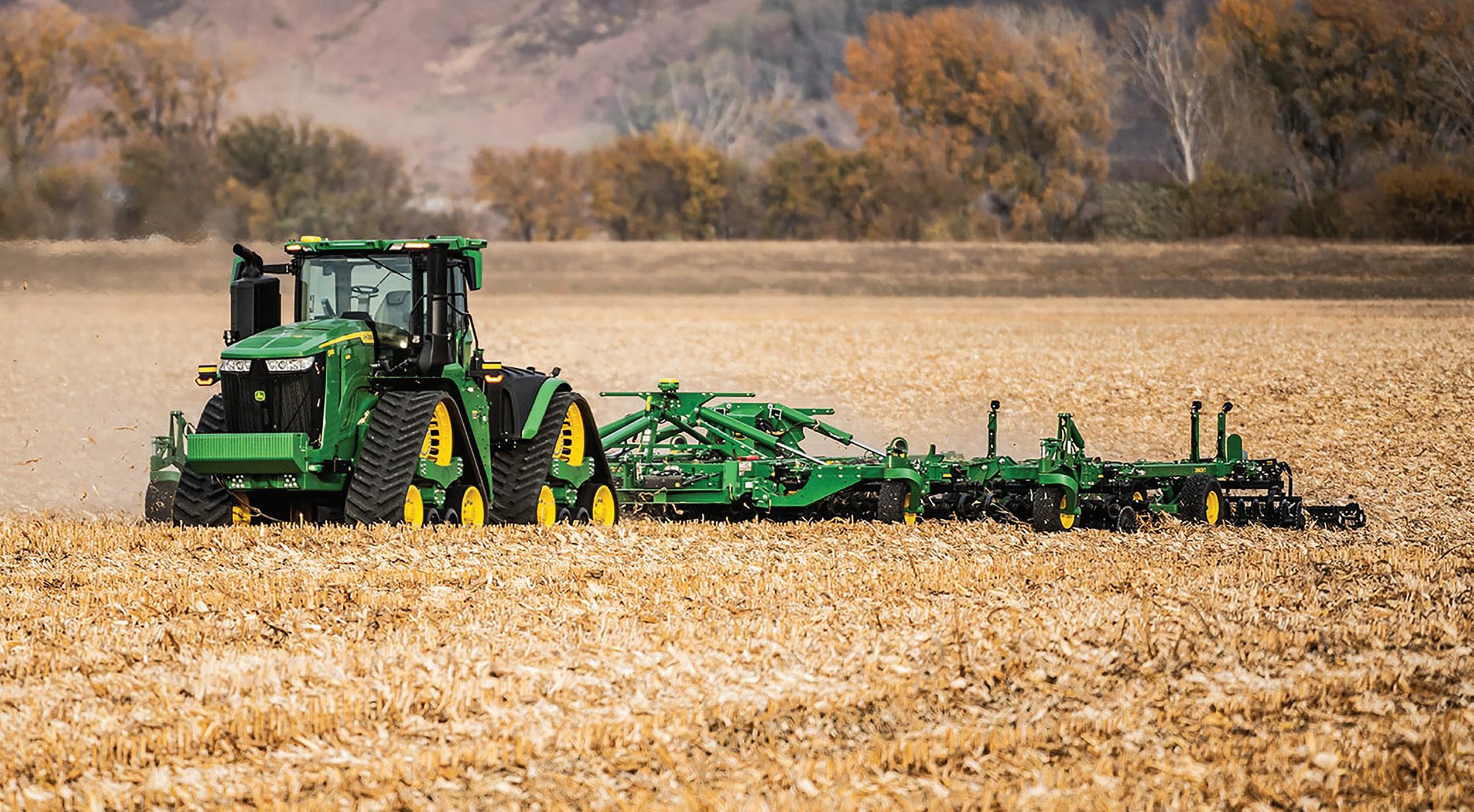
Autonomy will support Deere customers across agriculture, construction, and commercial landscaping.
MOLINE, Illinois (Jan. 6, 2025)
John Deere revealed several new autonomous machines during a press conference at CES 2025 to support customers in agriculture, construction, and commercial landscaping. Building on Deere’s autonomous technology first revealed at CES 2022, the company’s second-generation autonomy kit combines advanced computer vision, AI, and cameras to help the machines navigate their environments.
While each of these industries experiences their own set of challenges, a commonality across all is skilled labor availability.
The American Farm Bureau Federation also estimates there are roughly 2.4 million farm jobs that need to be filled annually.

88% of contractors struggle to find skilled labor.
86% of landscaping business owners can’t find labor to fill open positions.
“Our agriculture, construction, and commercial landscaping customers all have work that must get done at certain times of the day and year, yet there is not enough available and skilled labor to do the work,” said Jahmy Hindman, Chief Technology Officer at John Deere. “Autonomy can help address this challenge. That’s why we’re extending our technology stack to enable more machines to operate safely and autonomously in unique and complex environments. This will not only benefit our customers, but all of us who rely on them to provide the food, fuel, fiber, infrastructure, and landscaping care that we depend on every day.”
Tillage is one of the busiest times of the year for farmers. With the secondgeneration autonomy kit, featuring 16 individual cameras arranged in pods to enable a 360-degree view of the field, farmers can step away from the machine and focus their time on other important jobs. The advanced autonomy kit also calculates depth more accurately at larger distances, allowing the tractor to pull more equipment and drive faster.
Protecting crops through air blast spraying is a challenging and repetitive job. Featuring the latest autonomy kit with added Lidar sensors to address the dense canopies found in orchards, the initial machine will be offered with a diesel engine. A battery electric tractor of comparable size and

capacity to existing diesel 5M/ML models on the market today will follow.
Quarries supply the essential raw materials vital for building roads, buildings, and infrastructure, and it’s a complex process to mine, process, and transport materials. Using the second-generation kit, the ADT will handle the repetitive tasks of transporting material around the quarry to facilitate different steps in the cycle.
Commercial landscaping is a highly competitive industry and having the staff to support different bids is essential. The autonomous commercial mower leverages the same camera technology as other Deere autonomous machines, but on a reduced scale since the machine has a smaller footprint. With two cameras on the front, left, right, and rear, 360-degree coverage is achieved, and staff can focus on other aspects of the job.
Select machines will be autonomy ready from the factory and the second-generation perception system will be available as a retrofit kit for certain existing machines, providing customers with multiple paths to adoption based on where they are in their technology journey.
The machines are managed via John Deere Operations Center Mobile, the company’s cloudbased platform. By swiping left to right to start, the machine can be started once placed in
the appropriate spot. Through the app, users also have access to live video, images, data and metrics, and the ability to adjust various factors like speed. In the event of any job quality anomalies or machine health issues, users will be notified remotely so they can make necessary adjustments.
The fully autonomous machines were on display from January 7-10, 2025 at John Deere's CES booth #5016, located in West Hall at the Las Vegas Convention Center. The booth also showcased cutting-edge technologies customers across industries are taking advantage of, like connectivity, AI, renewable fuels, and electrification.
John Deere also participated in three panel discussions on Wednesday, January 8:
Deanna Kovar, President for the Worldwide Agriculture & Turf Division at John Deere spoke on a panel titled, “Tech Without Borders: The Benefits of Tech for all Communities.” The discussion took place in the Las Vegas Convention Center's North Hall, Level 2, N258.
Sarah Schinckel, Director of Emerging Technologies in the Intelligent Solutions Group (ISG) at John Deere spokw on a panel titled, “AI or Die? Why Farms Must Embrace the AI Revolution to Survive.” The discussion will took place in the Las Vegas Convention Center's West Hall, Level 2, W218.
Gaurav Bansal, VP of Engineering at Blue River Technology (a John Deere company) spoke on a panel



titled, “Robot Farm 2050: A Look at Robotics & The Future of Farming.”
The discussion took place in the Las Vegas Convention Center's West Hall, Level 2, W218.
Deere & Company (NYSE: DE) is a global leader in the delivery of agricultural, turf, construction, and forestry equipment. We help our customers push the boundaries of what's possible in ways that are more productive and sustainable to help life leap forward. Our technologyenabled products including John Deere Autonomous 8R Tractor, See & Spray™, and E-Power Backhoe are just some of the ways we help meet the world's increasing need for food, shelter, and infrastructure. Deere & Company also provides financial services through John Deere Financial.
For more information on Deere & Company, scan the code or visit deere.com/en/news/
Certain statements contained in this press release relate to future events, expectations, and trends which constitute “forward-looking statements” as defined in the Private Securities Litigation Reform Act of
1995 and involve factors that are subject to change, assumptions, risks, and uncertainties that could cause actual results to differ materially. Some of these risks and uncertainties could affect all lines of the company’s operations generally while others could more heavily affect a particular line of business.
Forward-looking statements are based on currently available information and current assumptions, expectations, and projections about future events and should not be relied upon. Except as required by law, the company expressly disclaims any obligation to update or revise its forward-looking statements. Many factors, risks, and uncertainties could cause actual results to differ materially from these forward-looking statements. Among these factors are risks related to:
• Changes in and compliance with U.S., foreign and international laws, regulations, and policies relating to data privacy, environmental (including climate change and engine emissions), autonomy, and farming policies;
• The ability to execute business strategies, including the company’s Smart Industrial Operating Model, Leap Ambitions, and mergers and acquisitions;
• The ability to understand and meet customers’ changing expectations and demand for John Deere products and solutions;
• The ability to integrate new technology, including automation and machine learning, and deliver precision technology and solutions to customers;
• Changes to governmental communications channels (radio frequency technology);
• The company’s equipment fails to perform as expected, which could result in warranty claims, postsales repairs or recalls, product liability litigation, and regulatory investigations;
• Security breaches, cybersecurity attacks, technology failures, and other disruptions to John Deere information technology infrastructure and products;
• Loss of or challenges to intellectual property rights;
• Legislation introduced or enacted that could affect the company’s business model and
• Intellectual property, such as right to repair legislation;
Further information concerning the company and its businesses, including factors that could materially affect the financial results, is included in the company’s filings with the SEC (including, but not limited to, the factors discussed in Item 1A. “Risk Factors” of the company’s most recent Annual Report on Form 10K). There also may be other factors that the company cannot anticipate or that are not described herein because the company does not currently perceive them to be material.

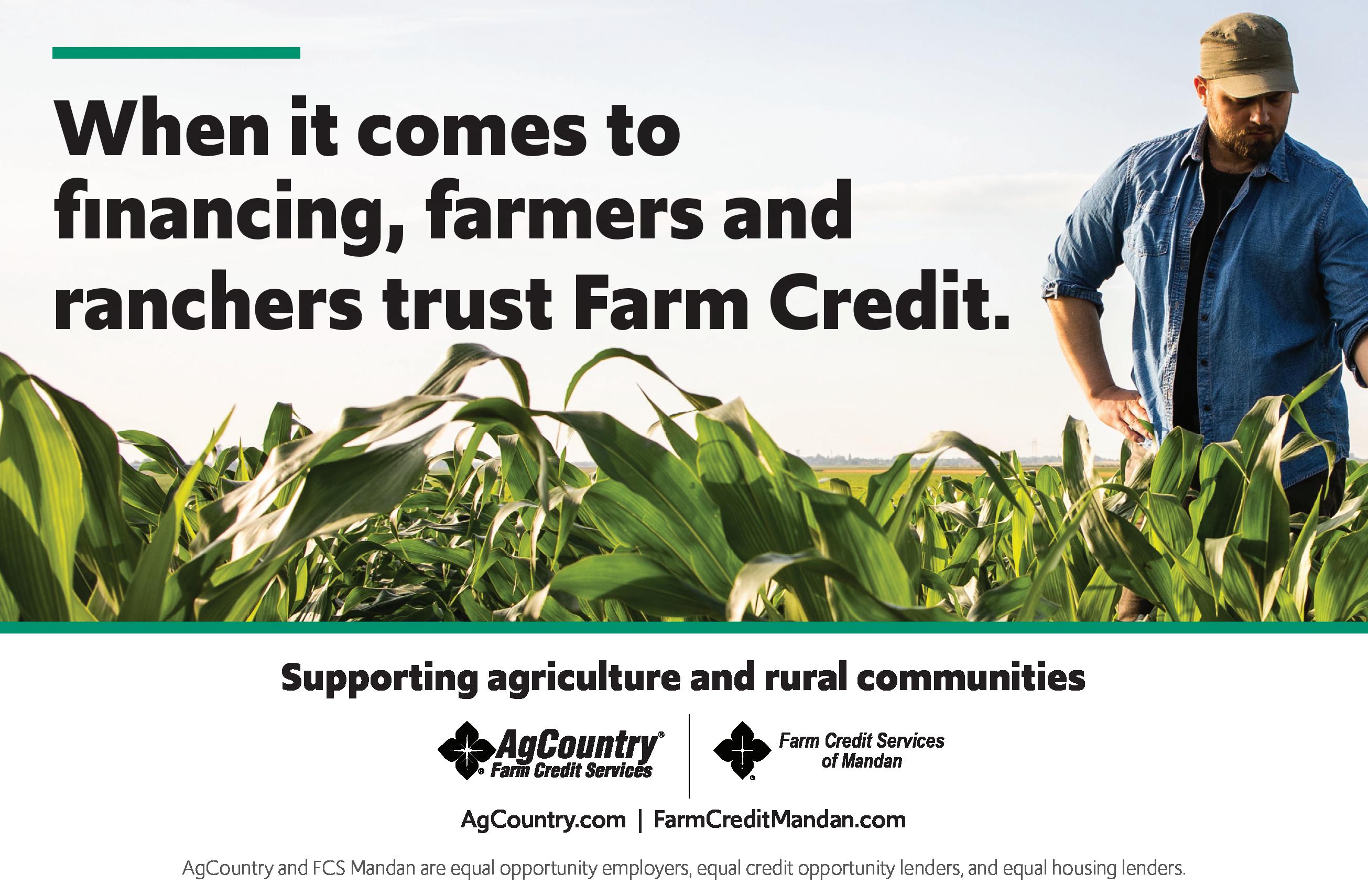

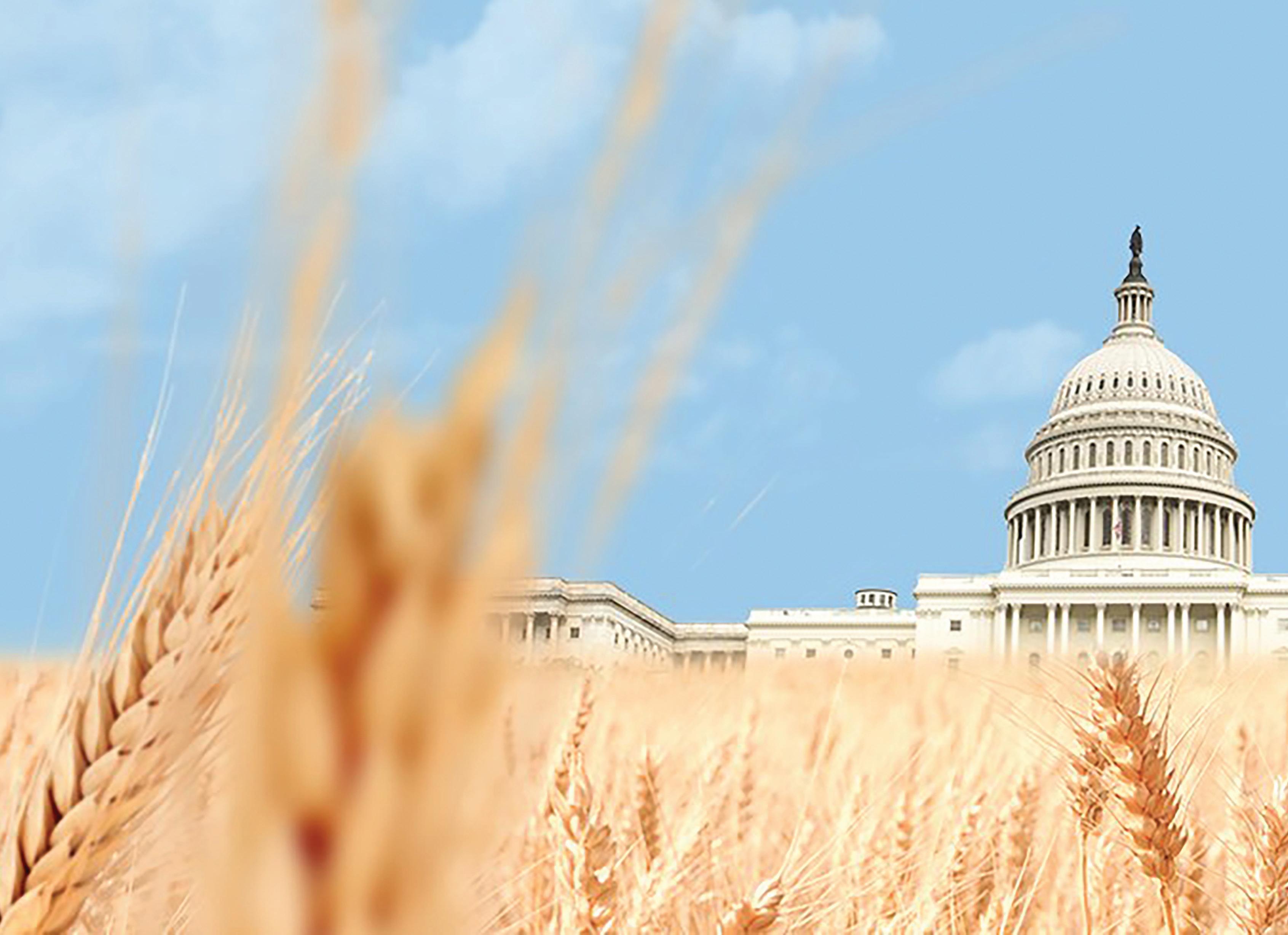
By Geneva Nodland | Provided by NDGGA
he North Dakota Grain Growers Association (NDGGA) awarded the 2024 Kernel Awards to celebrate exceptional service in the state's agricultural sector. Mark Formo and Howard Olson were this year's honorees, recognized for their contributions to the wheat and barley industries.


Mark Formo, an experienced farmer from Litchville, ND, and former NDGGA President, was honored with the Kernel Award for Farming. Formo's leadership has been instrumental in advancing the interests of North Dakota's agricultural community on both local and international stages. His initiatives included leading a trade mission to Cuba, aimed at promoting North Dakota's agricultural products, and ultimately enhancing trade relations and opening new markets for local farmers.
DID YOU KNoW?
There are two Kernel Awards given out, one award for Farming and one for Industry. They recognize and honor different types of contributions within the agricultural sector.
Kernel Award for Farming: This award is designated for individuals who have demonstrated outstanding service directly in farming. Farmers like Mark Formo, who not only excel in their farming practices but also take leadership roles in promoting agricultural interests, are top candidates.
Kernel Award for Industry: This award targets professionals in the agricultural business community who contribute significantly to the industry through avenues other than direct farming. This award highlights the importance of supporting agricultural infrastructure and policies that benefit the farming community at large.
The NDGGA gives out awards in both categories to show that successful agriculture depends on everyone working together— not just the farmers growing the crops, but also the pros behind the scenes who push for better business practices, policies, and advocacy.

In 2021, Kernel Awards were presented to North Dakota Wheat Commission Administrator Neal Fisher and another NDGGA past president John Weinand, acknowledging their service to the agriculture sector in the state.

In 2023, Jim Bahm, a member of the North Dakota Wheat Commission, and Greg Lardy, NDSU vice president of agriculture affairs, both received Kernel Awards for their dedication to the agriculture industry.

Howard Olson received the Kernel Award for Industry, acknowledging his long-standing commitment and impactful career in the agricultural business sector. Olson's educational background in animal sciences and business administration from North Dakota State University (Fargo, ND) and the University of Mary (Bismarck, ND) respectively has complemented his 27-year tenure at AgCountry Farm Credit Services, where he most recently served as the senior vice president of government and public affairs. His work focused on bridging the gap between agricultural operations and government policies, ensuring that the voices of farmers are heard and considered in legislative processes. He retired at the end of the year.

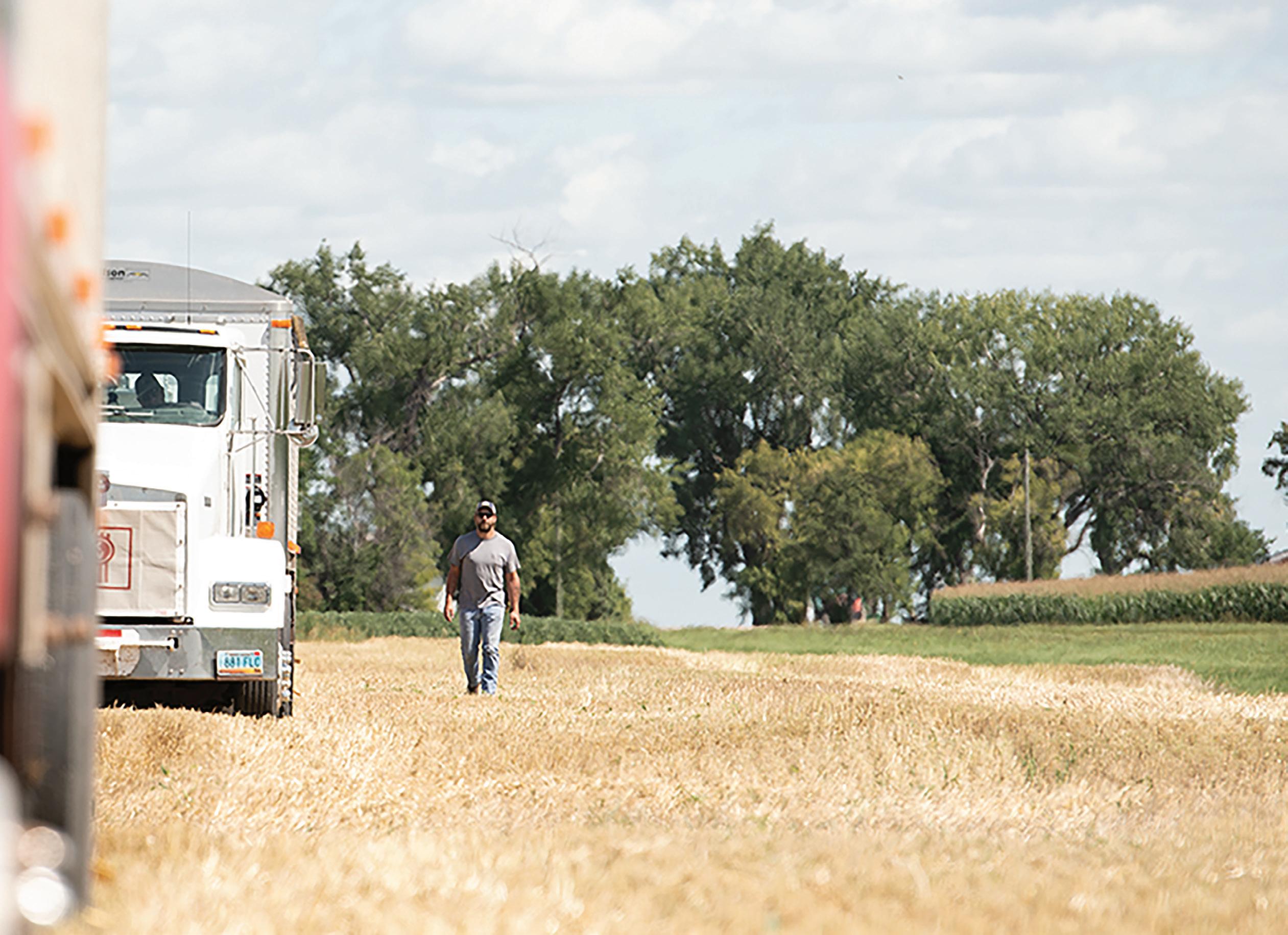
The NDGGA has been around for over half a century, initially organized as the North Dakota Wheat Producers back in 1967. Over the years, they've grown to cover not just wheat but also barley producers, becoming a major voice in both state and federal agriculture policy. NDGGA works in advocacy work, especially in Washington D.C., fighting for policies that help farmers do what they do best. They also

Through events like the Kernel Awards, the NDGGA not only honors individual achievements but also highlights the group effort and spirit of North Dakota's farming community. This achievement serves as a reminder of the vital role that agriculture plays in the regional economy and the importance of recognizing and fostering leadership within the industry.
have a big focus on educating their members, helping them get a handle on the ever-changing world of agriculture with all its new techniques and technologies.
Essentially, the NDGGA is all about giving North Dakota farmers the tools and support they need to succeed today and into the future.

Western Agency ensures broad access to a variety of insurance markets by addressing diverse needs in farm and personal insurance. By consolidating essential coverages under one roof, clients benefit from streamlined services for:
• Multi-Peril Crop Insurance (MPCI): Comprehensive protection against a wide range of risks.
• Crop Hail Insurance: Tailored coverage to mitigate damage caused by hailstorms.
• Farm and Commercial Insurance: Safeguarding business operations with customized plans.
• Personal and Life Insurance: Extending security to personal and familial interests.
This all-inclusive approach eliminates the hassle of managing multiple policies with different providers.


Western Agency adopts a methodical approach to risk management by developing strategic plans for clients. These plans:
• Define clear objectives based on individual needs
• Outline actionable steps to achieve those objectives
• Offer annual reviews to ensure relevance and effectiveness
By focusing on organized, comprehensive planning, clients can approach each year with confidence, knowing their risks are well-managed.
A hallmark of Western Agency’s service is the assignment of dedicated account teams to every client. This personalized approach ensures:
Western Agency is known in the field of crop insurance and farm risk management for offering comprehensive services for farmers and agricultural businesses. But, why? Let's find out.
By Brady Drake
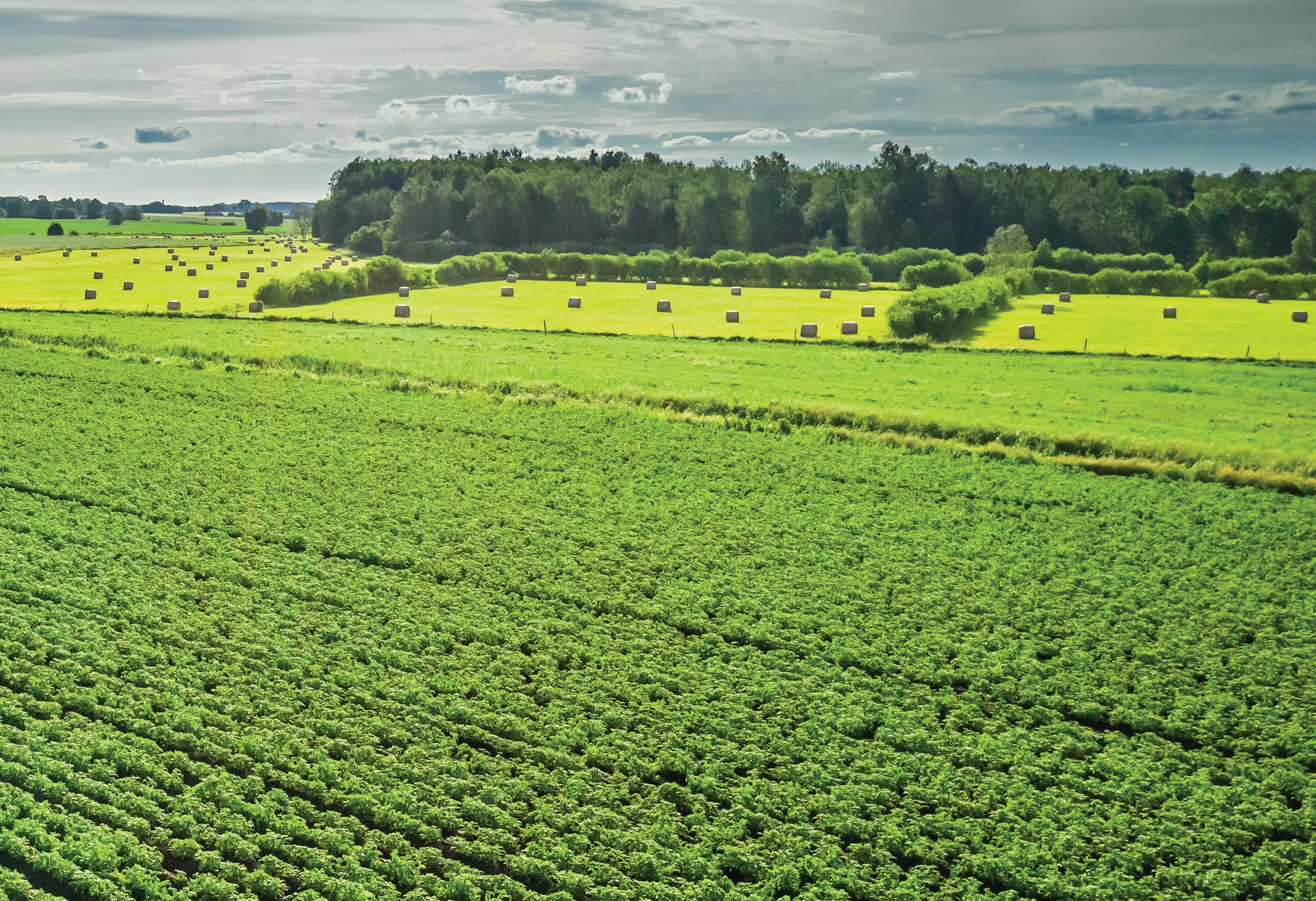
• Seamless communication through a single point of contact.
• Access to specialists equipped with deep knowledge of the insurance landscape.
• Exceptional service that prioritizes client satisfaction.
This model allows clients to experience the benefits of both personalized attention and team-based expertise.
With a proven track record of commitment to excellence, Western Agency’s crop insurance department collaborates with industry-leading companies and local adjusters. The team’s decades of combined experience enable:
• Customized solutions for each farm’s unique requirements
• Insights into regional and national trends impacting the farming community
• Enhanced reliability and trust among clients

Western Agency leverages advanced technology to stay ahead in the crop insurance industry. Their tools and resources include:
• Electronic Signature Capabilities: Simplifying document approvals.
• Paperless Systems: Reducing clutter and improving accessibility.
• Western Agency Coverage Analyzer: Delivering precise coverage insights.
• Precision Ag Data Analysis Tools: Enabling informed decision-making based on detailed farm data.
This integration of technology helps clients receive accurate, efficient, and forward-thinking solutions.

Understanding that crop insurance is only one piece of the risk management puzzle, Western Agency offers expertise in using insurance to enhance grain marketing strategies. By aligning insurance policies with marketing objectives, clients can:
• Reduce financial exposure
• Optimize their marketing plans
• Ensure long-term sustainability in volatile markets
• Secure breakeven coverage to protect against losses
• Use revenue protection strategies to safeguard profitability
With annual regulatory changes in crop insurance, Western Agency ensures its clients are always informed. Their efforts include:
• Hosting spring update meetings to discuss regional topics

• Utilizing automated messaging and social media for timely updates
• Maintaining regular communication to highlight changes that impact operations.
These proactive measures help clients adapt to the evolving landscape of agricultural regulations.
Each year, Western Agency’s crop analysts review every client’s policy to assess coverage options. This process involves:
• Evaluating the cost-effectiveness of additional options like Yield Adjustment (YA), Yield Cup (YC), and others
• Removing unnecessary coverages to optimize expenses
• Ensuring policies are tailored to current conditions and client goals
This meticulous review guarantees that every client’s coverage is both effective and economical.

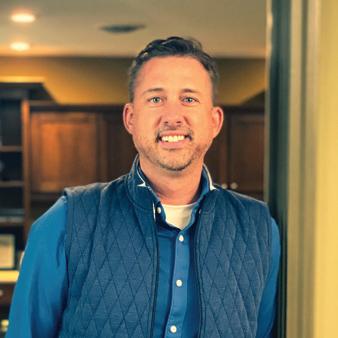







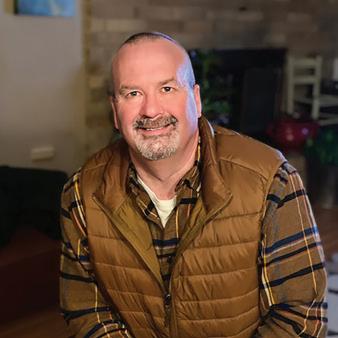
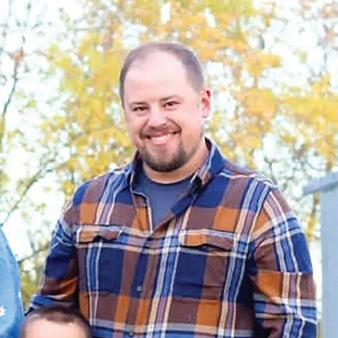

Accurate Actual Production History (APH) records are vital for optimal coverage. Western Agency conducts annual reviews to:
• Identify and correct errors that could undermine coverage
• Ensure data accuracy for better policy outcomes
• Enhance confidence in the policy’s reliability
Western Agency maintains a secure and accessible system for managing clients’ records. Key benefits include:
• Electronic storage of MPCI records, schedules, maps, and more
• Quick retrieval of documentation to expedite claims processes
• Reducing client dependency on external sources like the FSA for prior records
This system simplifies record-keeping and provides peace of mind for clients.
Western Agency’s commitment to precision is evident in its use of proprietary checklists and defined processes. These measures:
• Guarantee that policies are created with the utmost accuracy
• Minimize errors that could impact coverage or claims
• Establish a standard of excellence in policy management
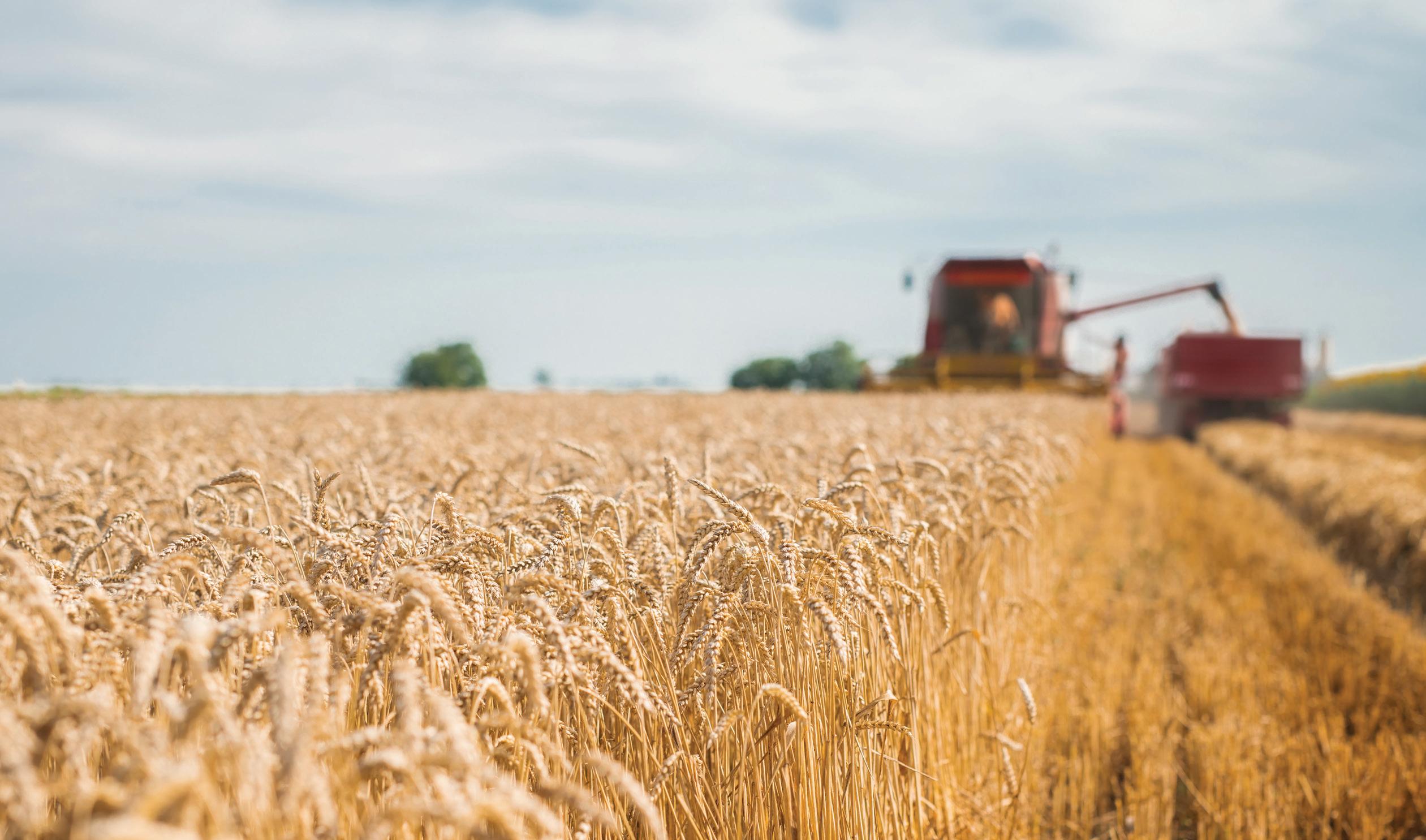
Handling claims is a seamless process with Western Agency’s dedicated staff. Their involvement includes:
• Monitoring claims progress to prevent delays
• Engaging with stakeholders to resolve issues promptly
• Providing consistent support to clients throughout the claims journey
Western Agency’s expertise extends to audit preparation and support. Services include:
• Assisting in gathering and retaining auditable records
• Pre-auditing production data to streamline processes
• Ensuring compliance with regulatory requirements


By working closely with the Farm Service Agency (FSA), Western Agency simplifies interactions for its clients. Their efforts involve:
• Obtaining essential documents like maps and acreage certifications
• Forwarding accurate crop insurance data for government programs
• Supporting yield updates for the Farm Bill program
This collaboration ensures that clients benefit from seamless integration between crop insurance and federal programs.
Western Agency’s comprehensive suite of services, industry expertise, and client-focused approach make it the go-to option for crop insurance and risk management.
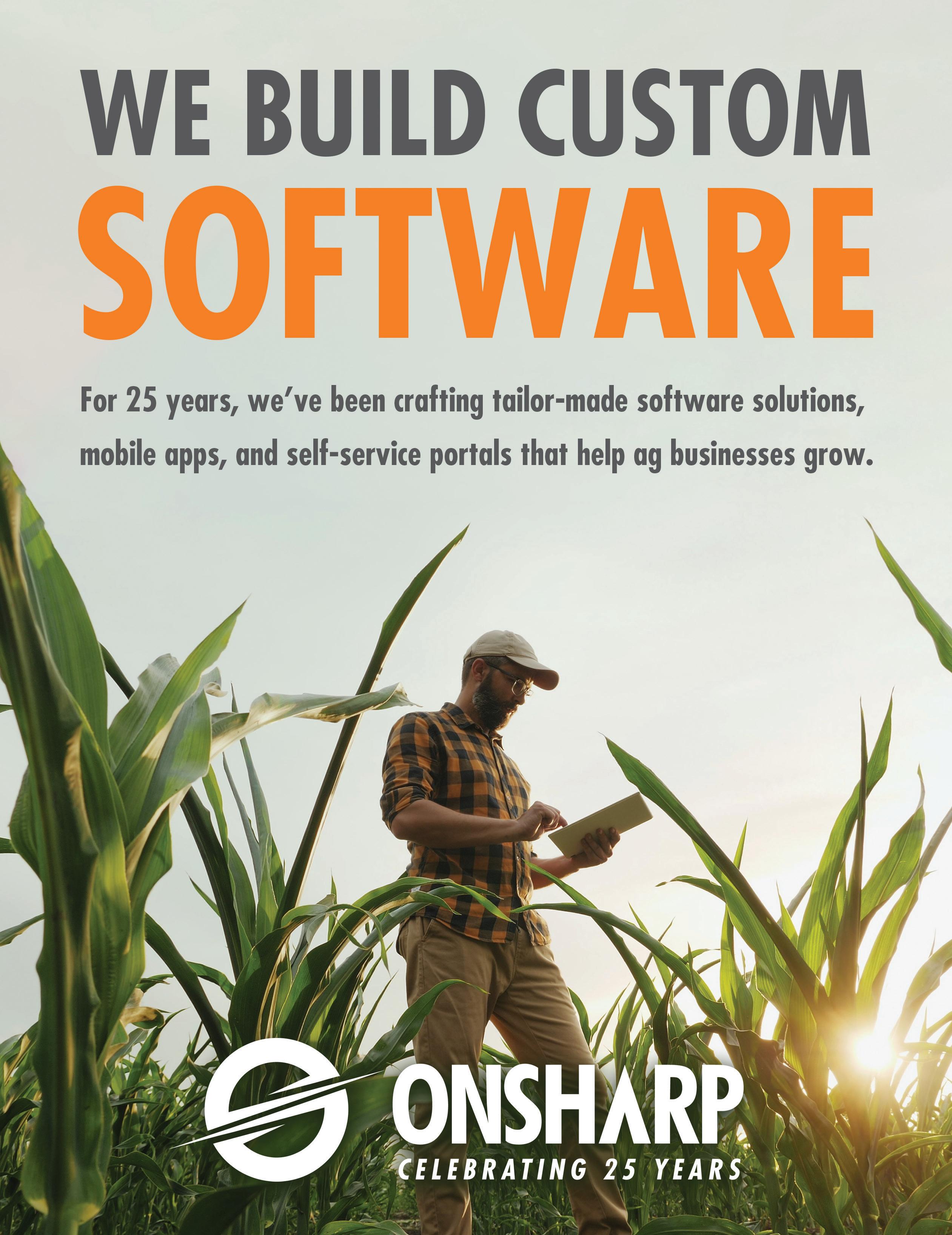
By Brady Drake
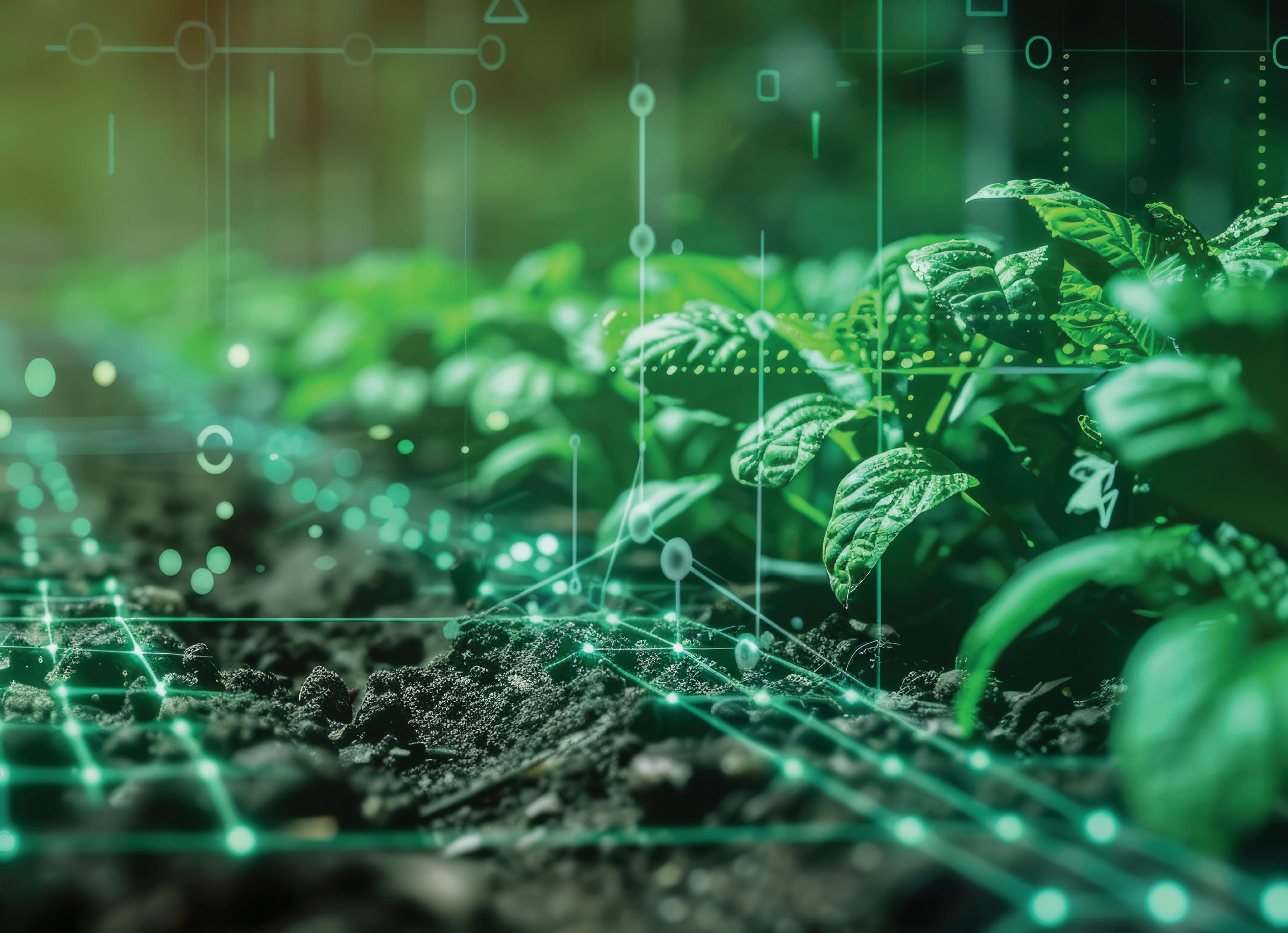
you are a farmer, you know that every incremental improvement is important. Bayer, with the help of Microsoft, has created a helpful tool called E.L.Y. (Expert Learning for You). This new technology uses artificial intelligence (AI) and data to help farmers grow more crops, use less, and make more money.
E.L.Y. is a new tool from Bayer that helps farmers by giving them useful advice and predictions. It ingests product and agronomy information like crop protection labels, seed characteristics, and agronomy articles. Then, it uses AI to turn this data into tips that are easy for farmers to use.
"Our purpose is to support agriculture by bringing crop protection, seed, and digital products to farmers," Bayer VP Agronomic Digital

Innovation Lead Tami Craig Schilling said. "That process involves many people—company sales reps, agronomists, and ag retailers. I’ve spent a significant part of my career understanding how we can do that better. We’ve been on a journey to improve the way we provide information to farmers. One thing farmers consistently tell us is that easy access to products and relevant information is a top priority— especially for the specific time and season they’re in. They want to find it quickly, resource it, and come back to it when needed. The more localized,
the better. Layering all these needs together is no small task. For years, ag radio, farmer meetings, and ag publications have done a great job conveying this information. But we’re now in a digital era where we can augment those traditional methods with digital tools. When ChatGPT came out, we began to think about how we could apply that underlying technology, combined with our expertise in ag and crop production, to make our products and agronomy support even better. If that’s possible, we thought, let’s try it. And that’s exactly where we’ve set our focus."

"Currently, we’ve launched internally with 1,500 of our customer-facing employees— sales reps, agronomists, anyone working in the field across the U.S. with multiple crops," Craig Schilling said. "To date, we’re conducting small trials and proof of concept with some ag retailers and farmers directly to understand where this fits and how it works. When we think about the questions being asked, they’re often seasonal. For example, a farmer in Minnesota who just finished harvest might now be looking at hybrids for next year. Maybe they’re in an area where they irrigate or follow corn with soybeans, and they have specific questions about tillage, product applications, or how certain hybrids handle diseases like stalk rot or gray leaf spot. Farmers and reps often prepare for these questions during farm calls or while visiting ag retail businesses in December to prepay, order seed, or arrange financing. A rep might type into their phone: ‘What DeKalb products perform well against stalk rot or Anthracnose?’ The tool provides a list of relevant products. Or they might ask: ‘What’s a crop protection program for controlling diseases, weeds, and insects for soybeans in southwest Wisconsin or southeast Minnesota?’ The tool considers geography, local regulations, and product options to provide users answers related to agronomy, cropping practices, and Bay agricultural products."
Microsoft’s involvement has been pivotal to the success of E.L.Y. Claudia Roessler, part of Microsoft's Business & Industry Solutions, helped Bayer refine the model behind E.L.Y.
“In this collaboration, we focused on creating a small language model tailored specifically to crop protection,” Roessler said. “Unlike large language models that cover a broad range of topics, E.L.Y. is an expert system trained on agronomy and Bayer products. This allows it to deliver precise answers to crop protection questions, such as which products to use and when to use them.”
This specialization makes E.L.Y. significantly faster and more accurate than general-purpose models.
“It takes information that would otherwise be buried in paper records or scattered across various sources and makes it easily accessible," Roessler said.
“This is just the beginning. Future iterations of E.L.Y. will integrate real-time farm data," Roessler said. "Imagine asking the system about crop protection for a pest risk introduced by today’s weather or referencing past data to evaluate product performance.”

